Information security compliance protects your company’s data. It involves adhering to certain rules or guidelines that ensure the privacy, accuracy, and accessibility of data.
Information has introduced a widely accepted standard that helps measure and assess security efficient methods to prevent data theft and advance safety, improving the company’s safety record.
What is Information Security Compliance?
Information security compliance refers to following the terms imposed by an external organization that govern how a business will safeguard its confidential information and technology assets. The primary purpose of implementing the suggested procedures and safeguards might be to guarantee that all data throughout the business remains secret, preserved in its credibility, and readily accessible as needed.
Typically, an enterprise can verify conformity needs based on specific market segments, geographical regions, or varieties of information handled or held by the company. For example, in the United States, healthcare providers and organizations processing credit card transactions must follow [HIPAA]. PCI compliance is required, which signifies the Payment Card Industry Data Security Standard.
Why Information Security Compliance is Important?
Enterprises must recognize the importance of information security compliance to safeguard sensitive records and preserve confidence among stakeholders.
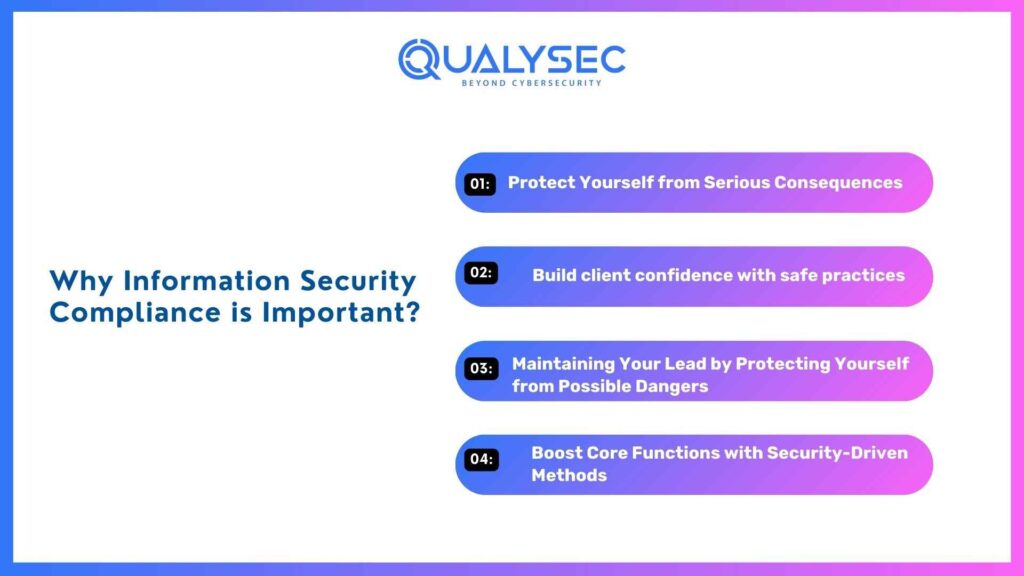
1. Protect Yourself from Serious Consequences
- Failure to comply can lead to significant penalties, monetary penalties, and business problems.
- For example, failure to follow standards such as GDPR or HIPAA can result in heavy consequences, destroying the most resilient enterprises.
2. Build client confidence with safe practices.
- Information security compliance fosters confidence among customers, business associates, and consumers.
- In an era of frequent information theft and cyber-attacks, displaying a dedication to information safety may boost the company’s goodwill and confidence.
- This belief is critical to preserving great relations with clients and driving corporate success.
3. Maintaining Your Lead by Protecting Yourself from Possible Dangers
- Companies may discover, analyse, and handle potential safety risks more effectively if they follow recognized guidelines and regulations.
- This preventive strategy not only lessens the chance of a data violation but also mitigates the effects, assuring company sustainability.
4. Boost Core Functions with Security-Driven Methods
- It promotes corporate responsibility and streamlines improvements. It calls for the deployment of broad safety rules, processes, and measures.
These steps promote an environment of safety consciousness throughout the firm, motivating staff to give preference to protecting information in their regular operations.
What Information Security Compliance Measures Must Companies Take?
1. Establish Specific Objectives and Compliance Limits
Begin by determining what laws relate to the company (GDPR, HIPAA, etc.) and identifying the information components in question, like client information or unique studies. Understanding why you need security enables you to create educated objectives and allocate funds wisely, eliminating vulnerabilities from the start.
2. Examine and rank the security threats
It not only identifies risks but also allows you to rate threats depending on their effect and possibility, to guarantee vulnerable regions are addressed immediately. Frequent reviews maintain the defence you have flexible and current, embracing changes in both the internal procedures and legal environments.
3. Establish solid rules and regulations as a basis for operation
Specific rules for handling information, staff availability, and handling incidents are critical components of compliance. A written structure for every safety procedure provides continuity and simplifies training and inspections.
This systematic method serves as a layer of security, reducing misconceptions and setting a standard for adherence inspections.
4. Create a security-conscious environment through training for staff
Professionals are at the forefront of safeguarding information. By providing frequent, practical instruction that exposes actual issues such as malicious websites or ransomware, they encourage people to remain watchful.
Accurate individuals not only avoid inadvertent violations, but they additionally proactively enforce regulations throughout groups.
5. Effective compliance requires monitoring, auditing, and evolving
Frequent checks, automatic warnings, and risk assessments help your firm stay compliant with ever-changing rules.
Developing an ongoing effort to improve allows you to react quickly to problems, adapt to fresh risks, and assure compliance over time.
Which Types of Data Are Protected by Information Security?
Information security encompasses a broad array of data categories, each requiring distinct protective measures to ensure confidentiality, integrity, and availability.
- Personal Identifiable Information (PII): This includes potentially among the most delicate and strictly controlled sort of information. PII refers to any type of data that can be utilized in determining someone’s identity, including identities, social security numbers, residential addresses, phone numbers, or email accounts.
- Monetary Data: Because of the significant risk of crime and stealing of identities, monetary data such as payment card numbers, information about bank accounts, and history of transactions must be kept secure.
- Protected Health Information (PHI): It refers to any confidential data on someone’s healthcare history, medical treatments, or medical coverage details. Throughout the United States of America, the Health Insurance Portability and Accountability Act (HIPAA) establishes a minimum standard for protecting PHI.
- Intellectual Property (IP): Businesses must safeguard their valuable data and confidential knowledge. This might range from patent-worthy inventions and manufacturing processes to company strategies and study findings. Intellectual property protection is crucial for preserving an edge over others and driving development.
- Company Data: Companies store massive volumes of their internal data, such as operating processes, objectives, staff records, and company interactions. Safeguarding the privacy of the information is critical to sustaining efficiency and customer trust.
- Official and Confidential Data: Specialized data held by government organizations or suppliers demands an elevated level of safeguarding to stop illicit access that might harm national security.
Explore how penetration testing services can help you meet infosec compliance.
Latest Penetration Testing Report
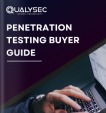
Conclusion
To avoid incidents involving data, companies that handle all of their client’s private information and trademarks have to put sufficient security measures in place. This is how obtaining privacy conformance affects the company you work for.
By adhering to the criteria of the particular sector’s norm to which your company is important, you may not just secure private data but also improve general safety, prevent regulatory fines, and foster confidence between company clients and other interested parties.
Contact Qualysec to know more about Information security compliance. Schedule a meeting with our cybersecurity experts here!









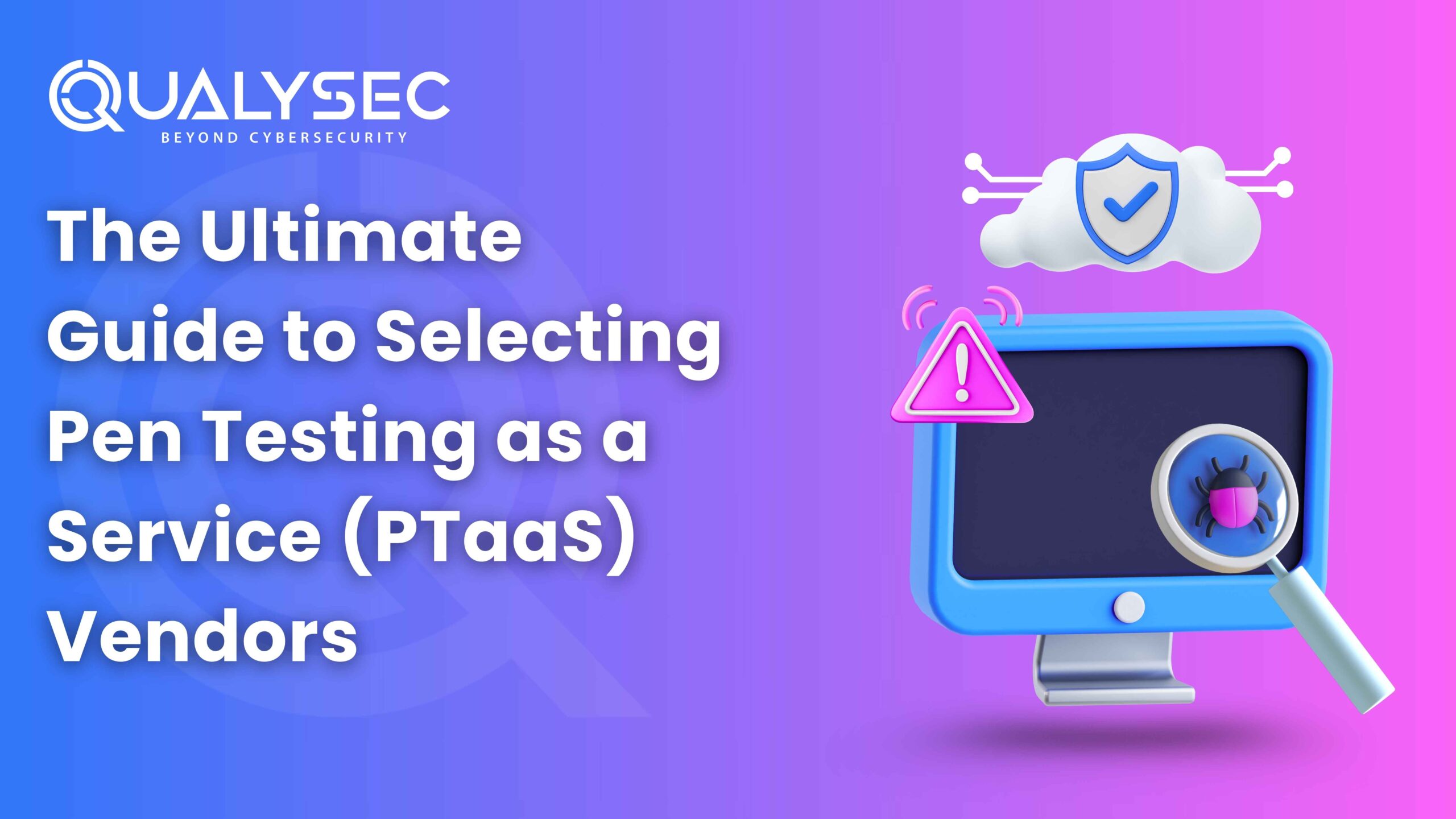
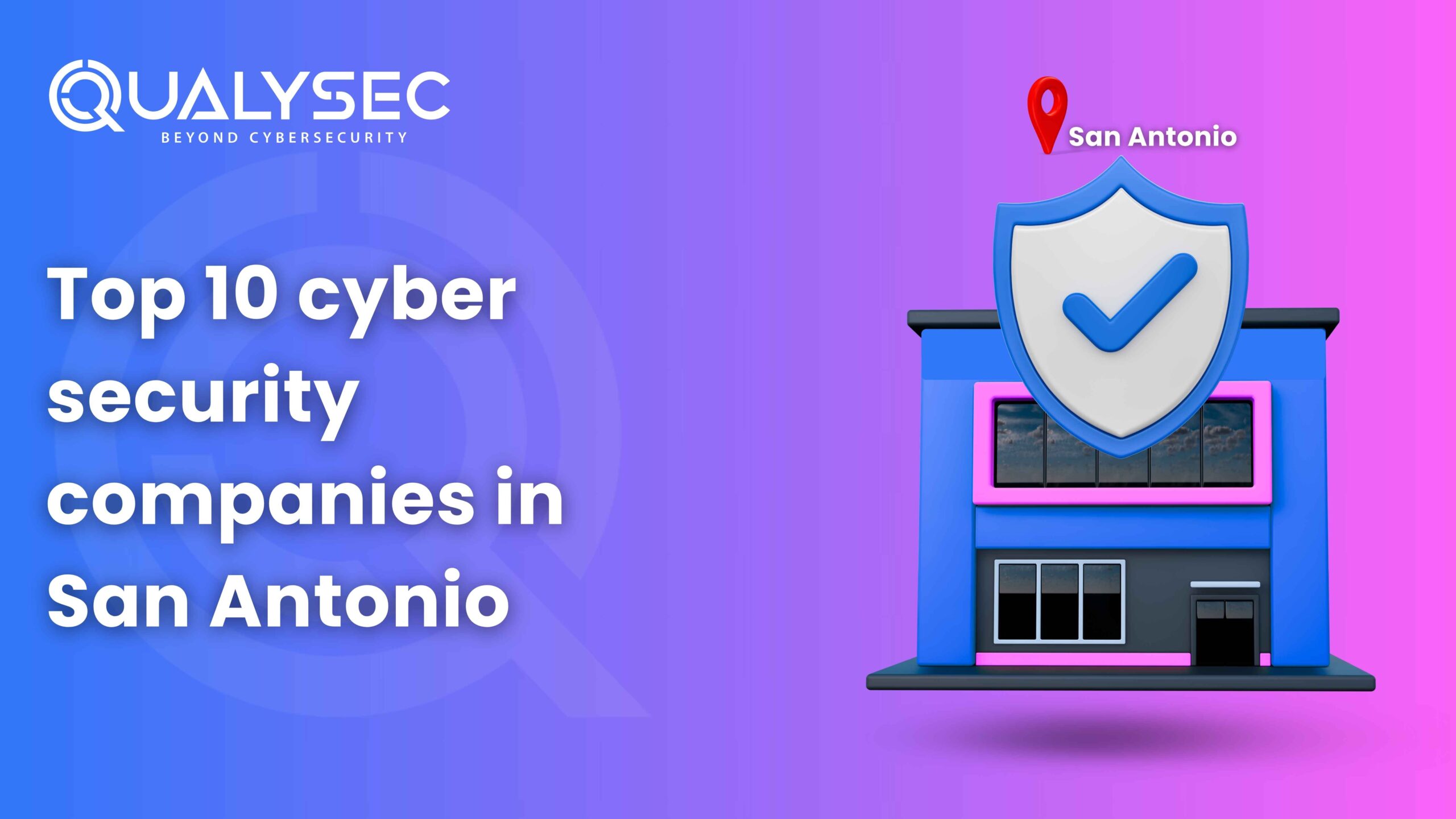
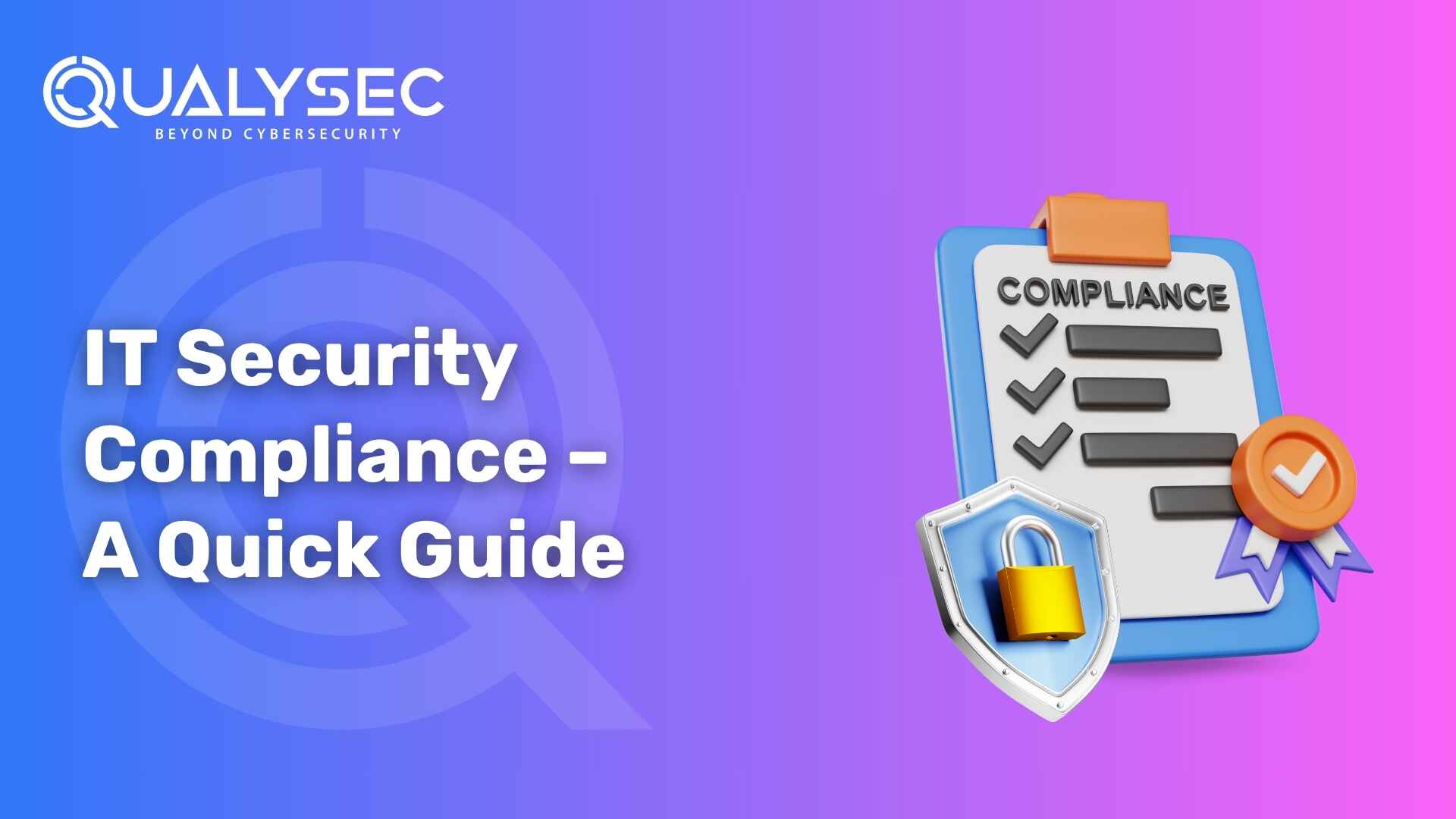
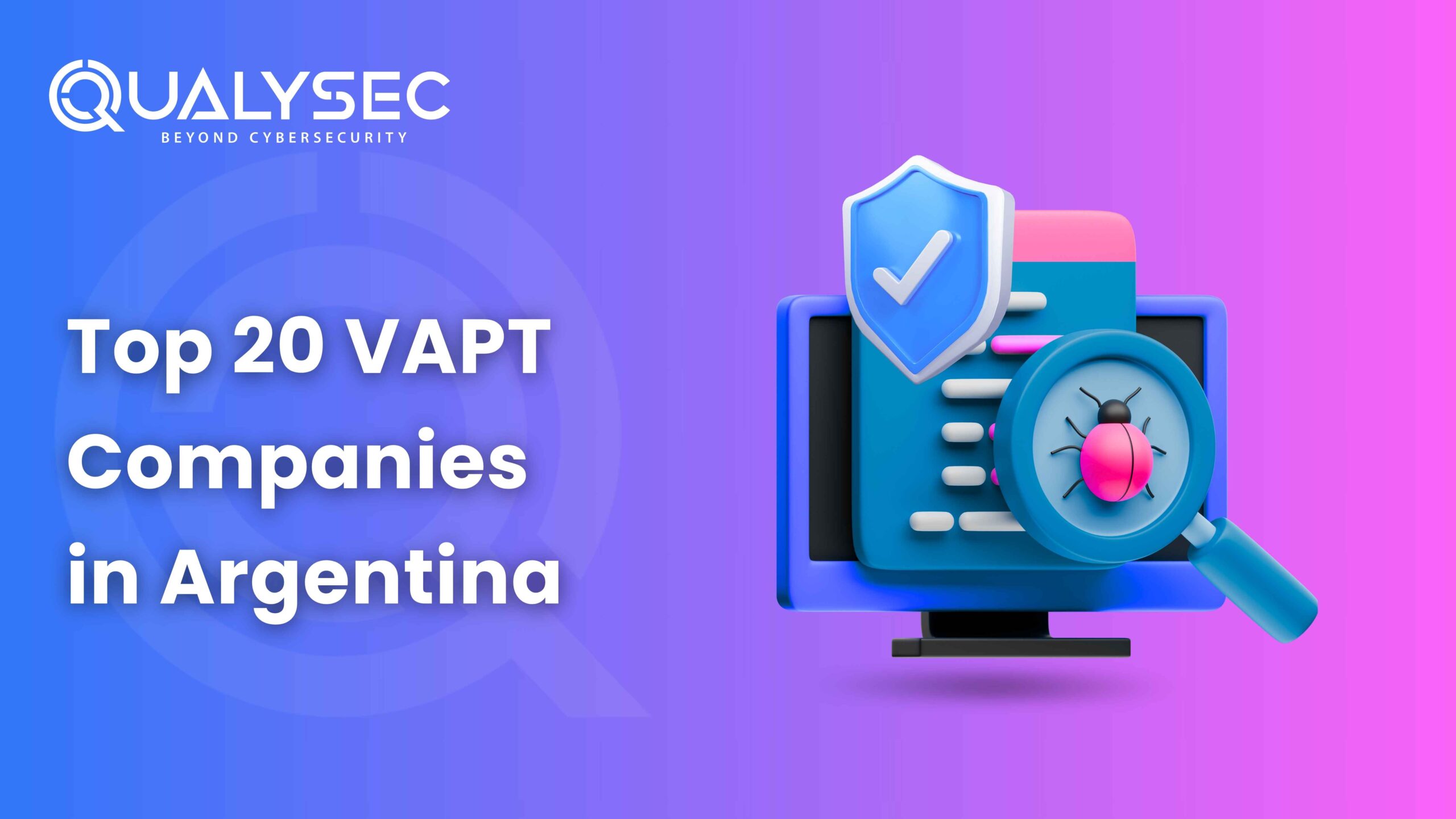
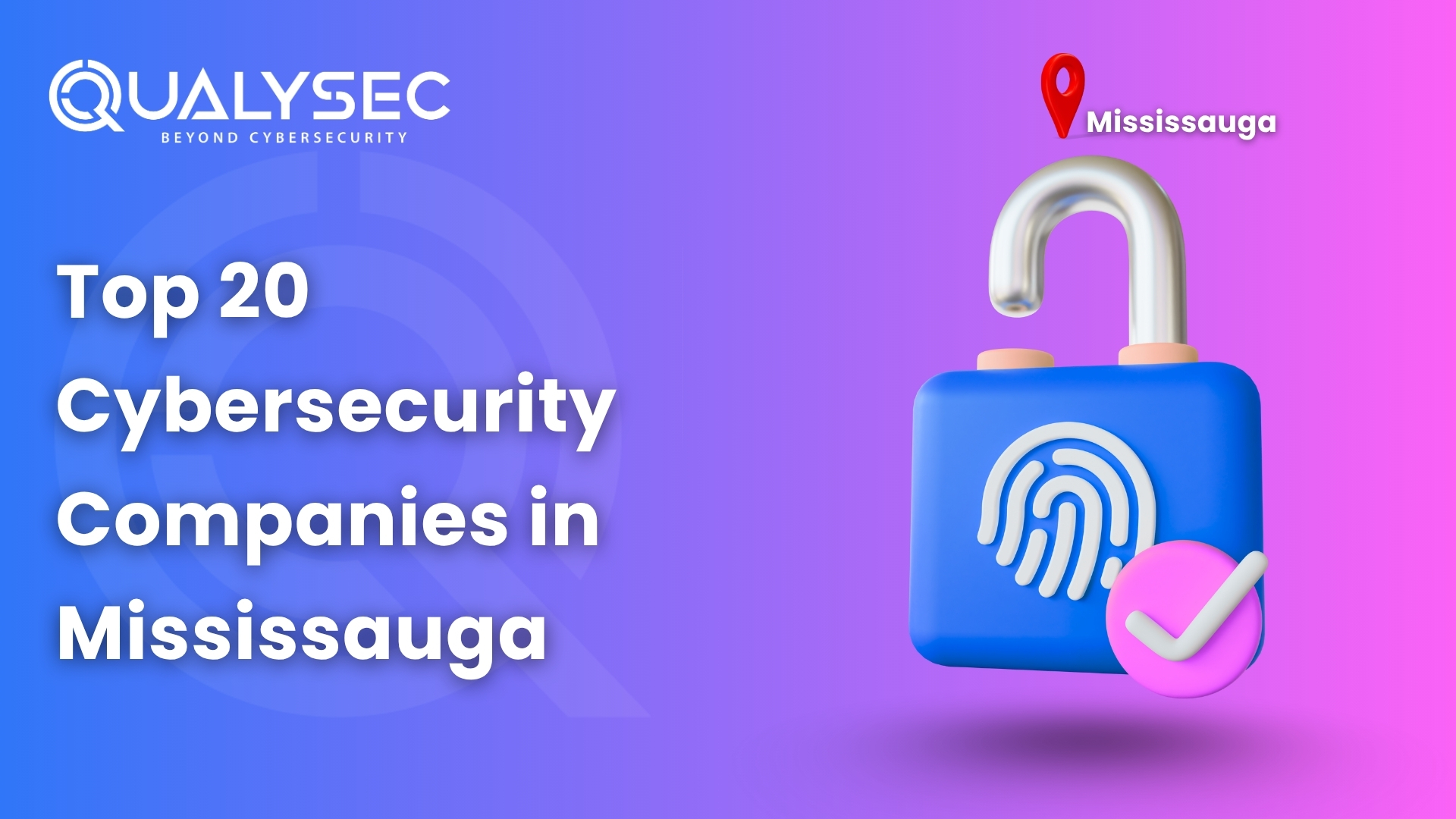
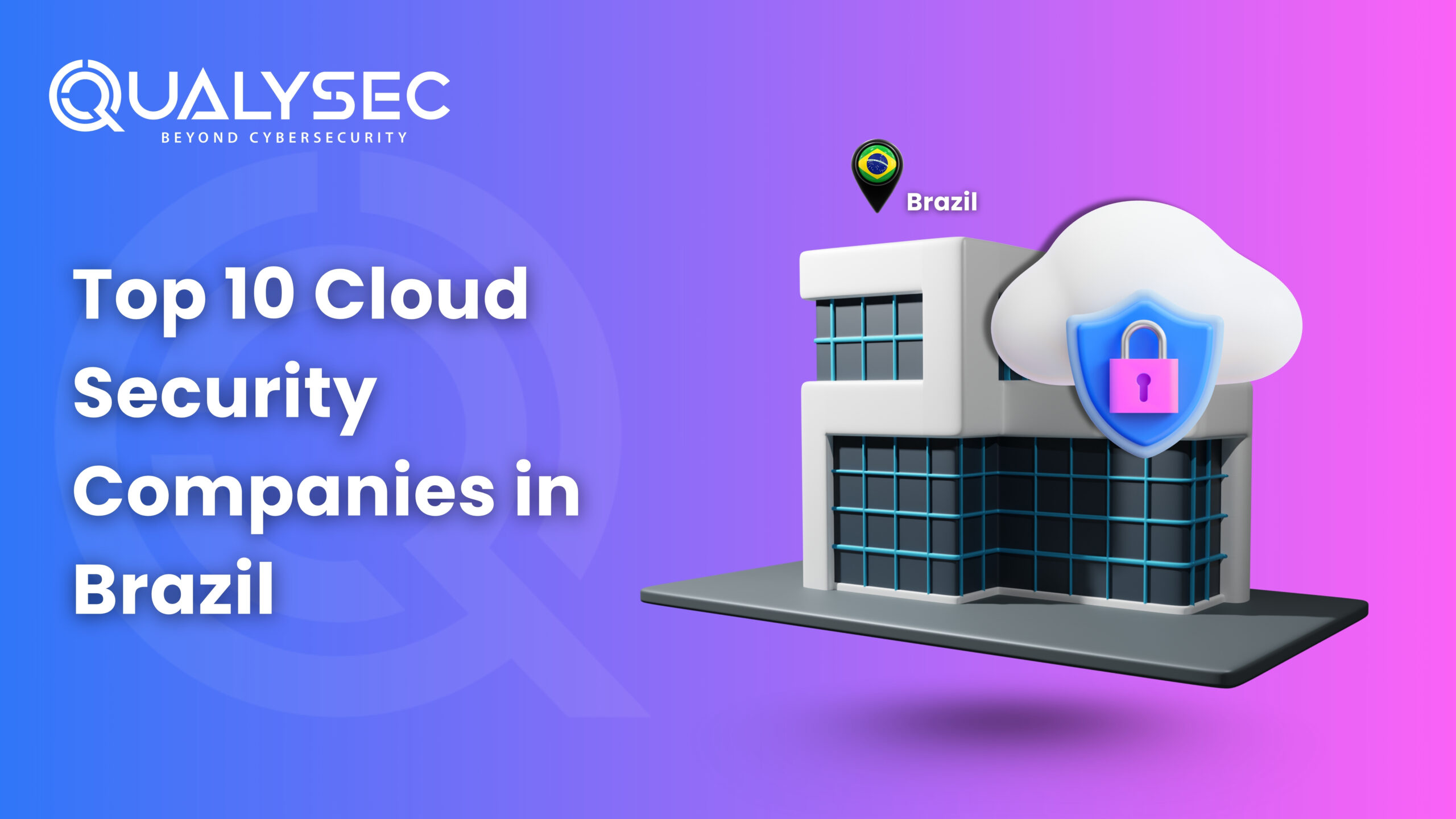
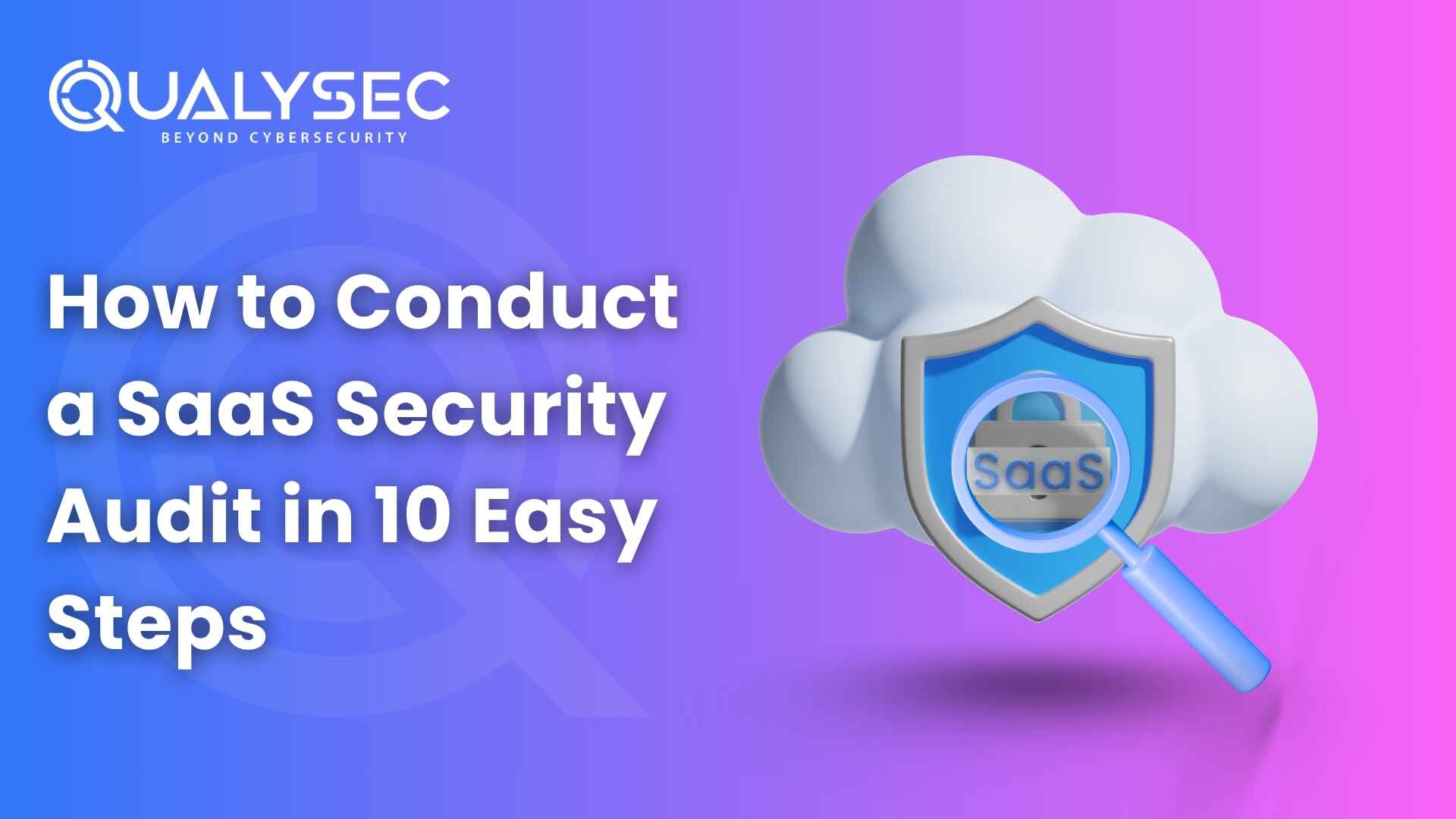
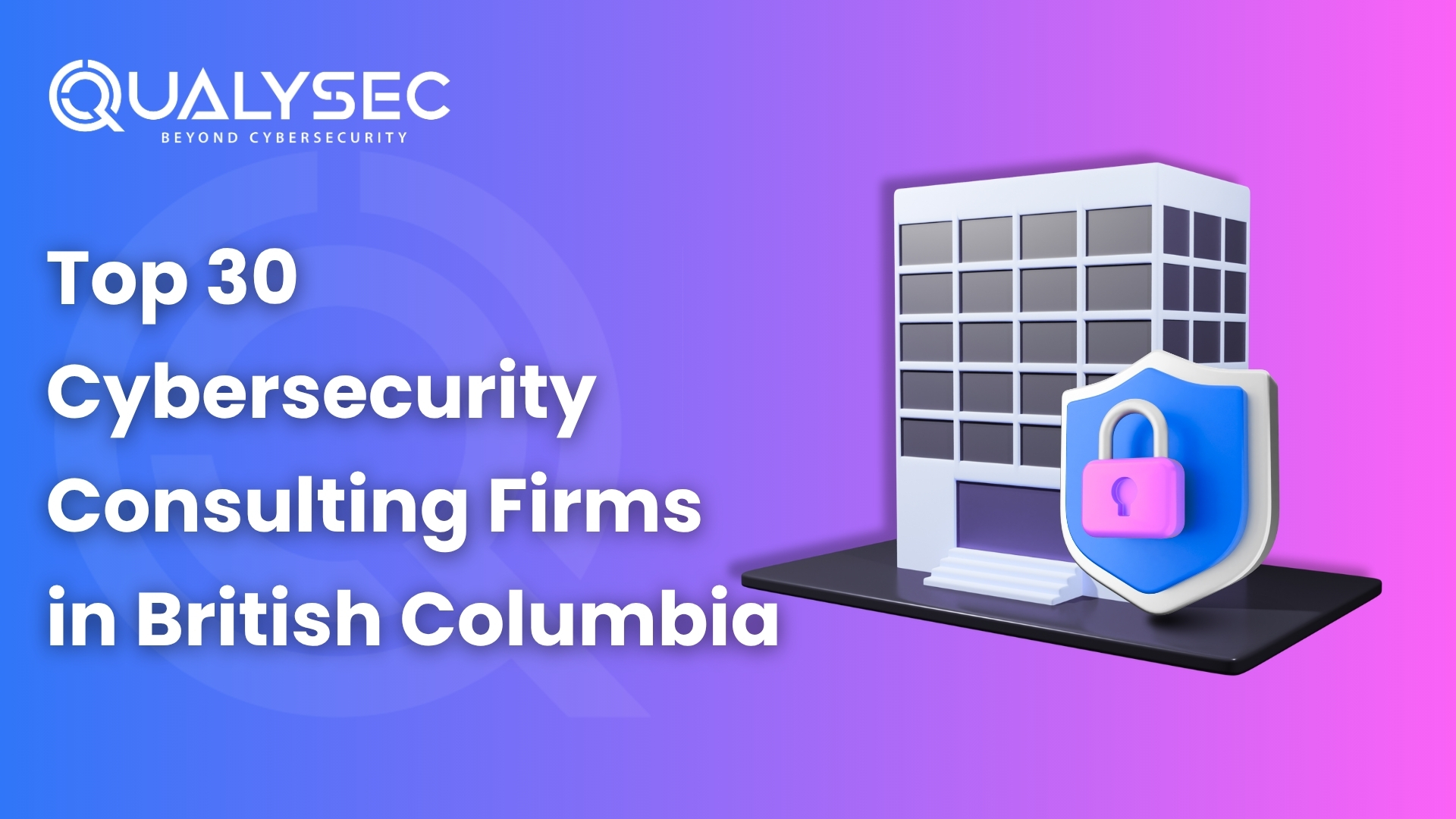

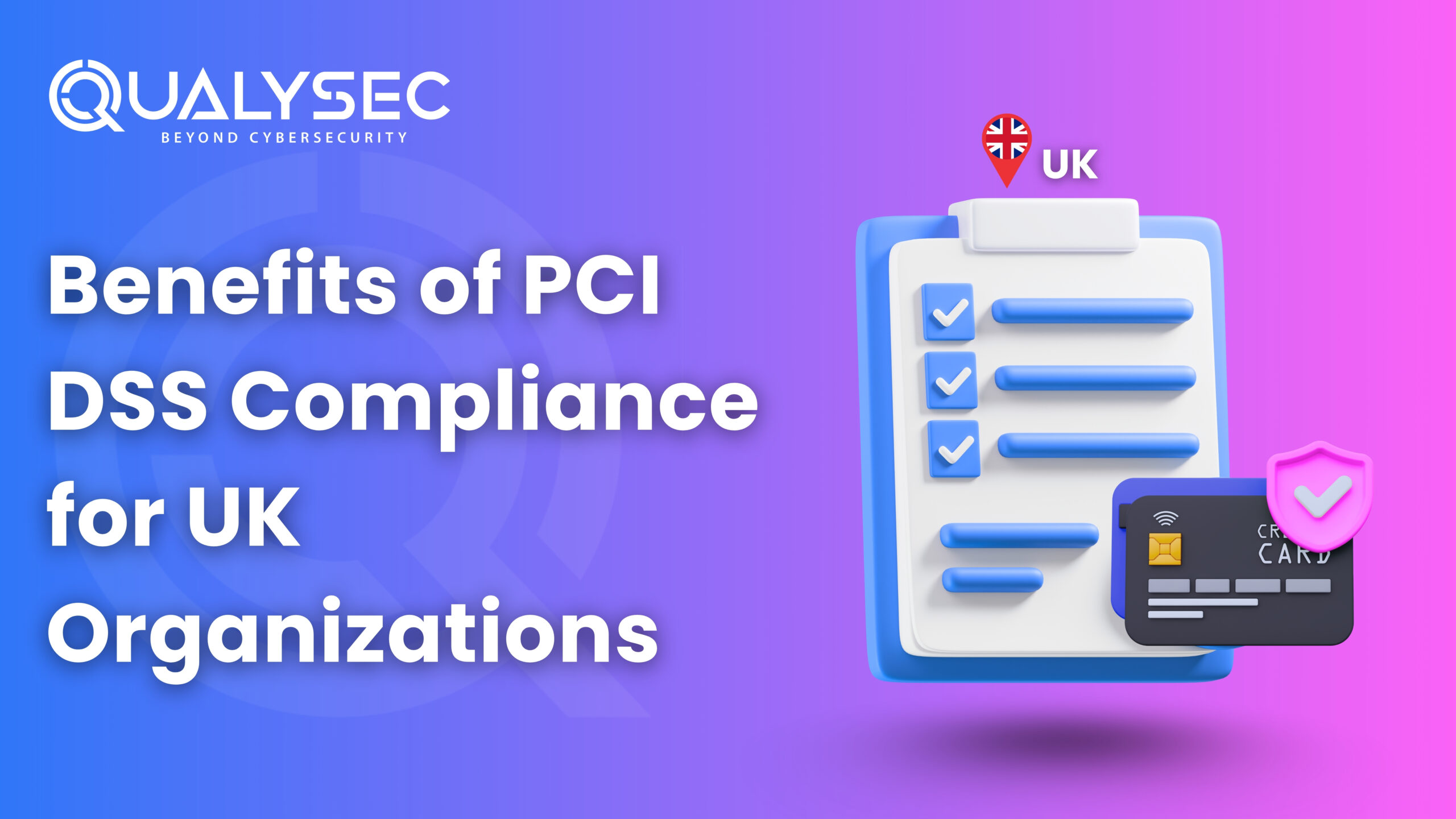
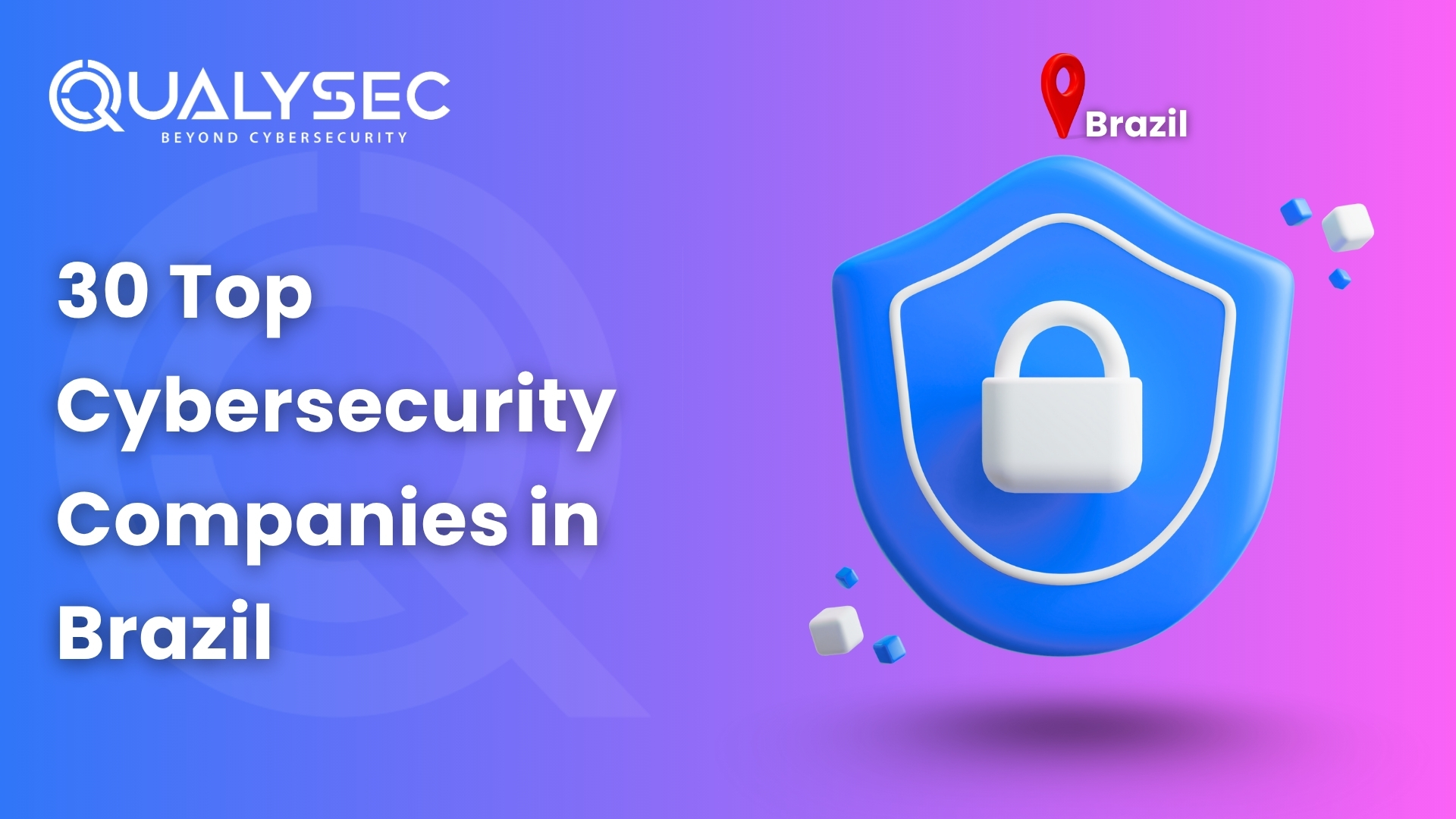
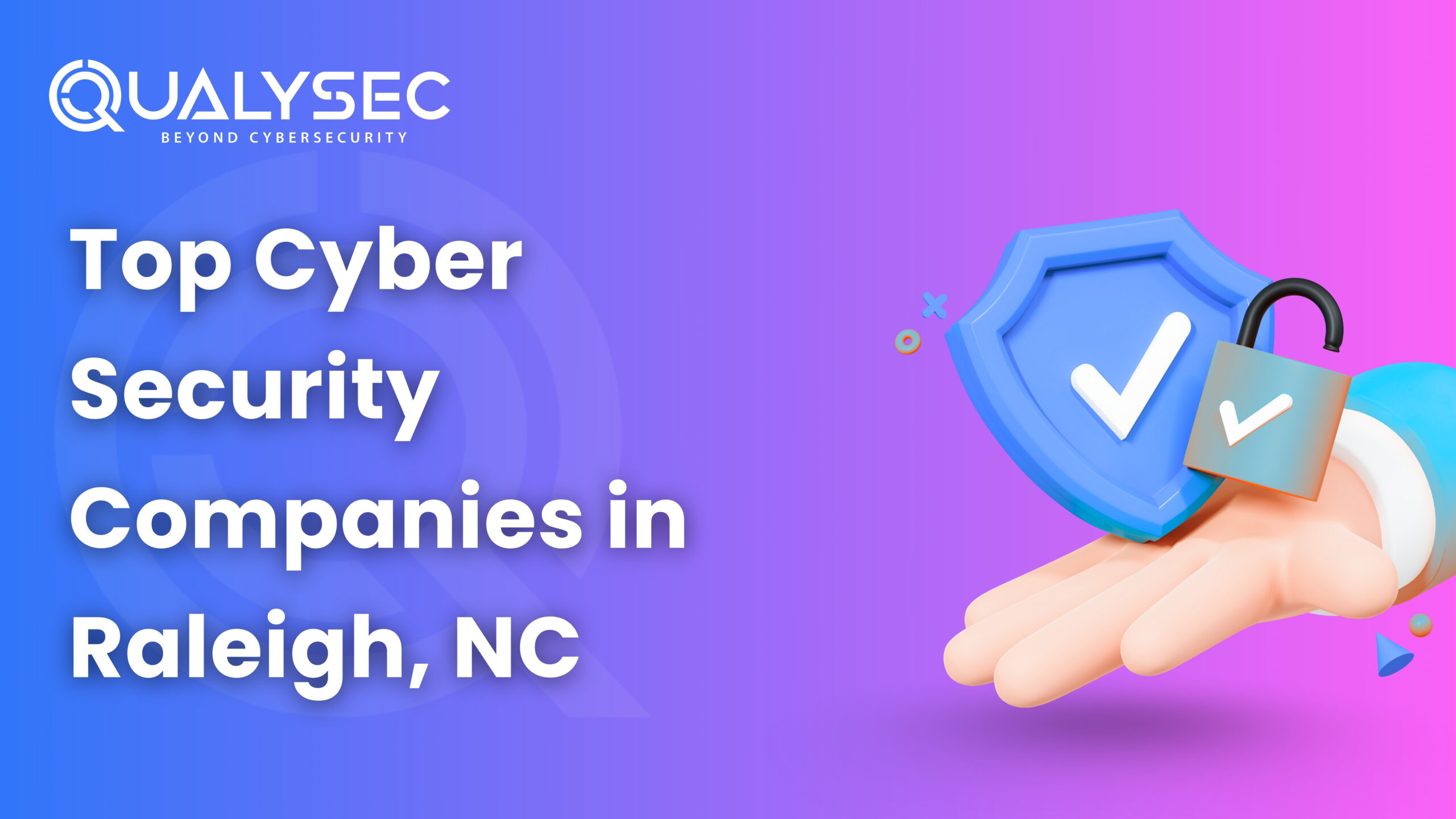
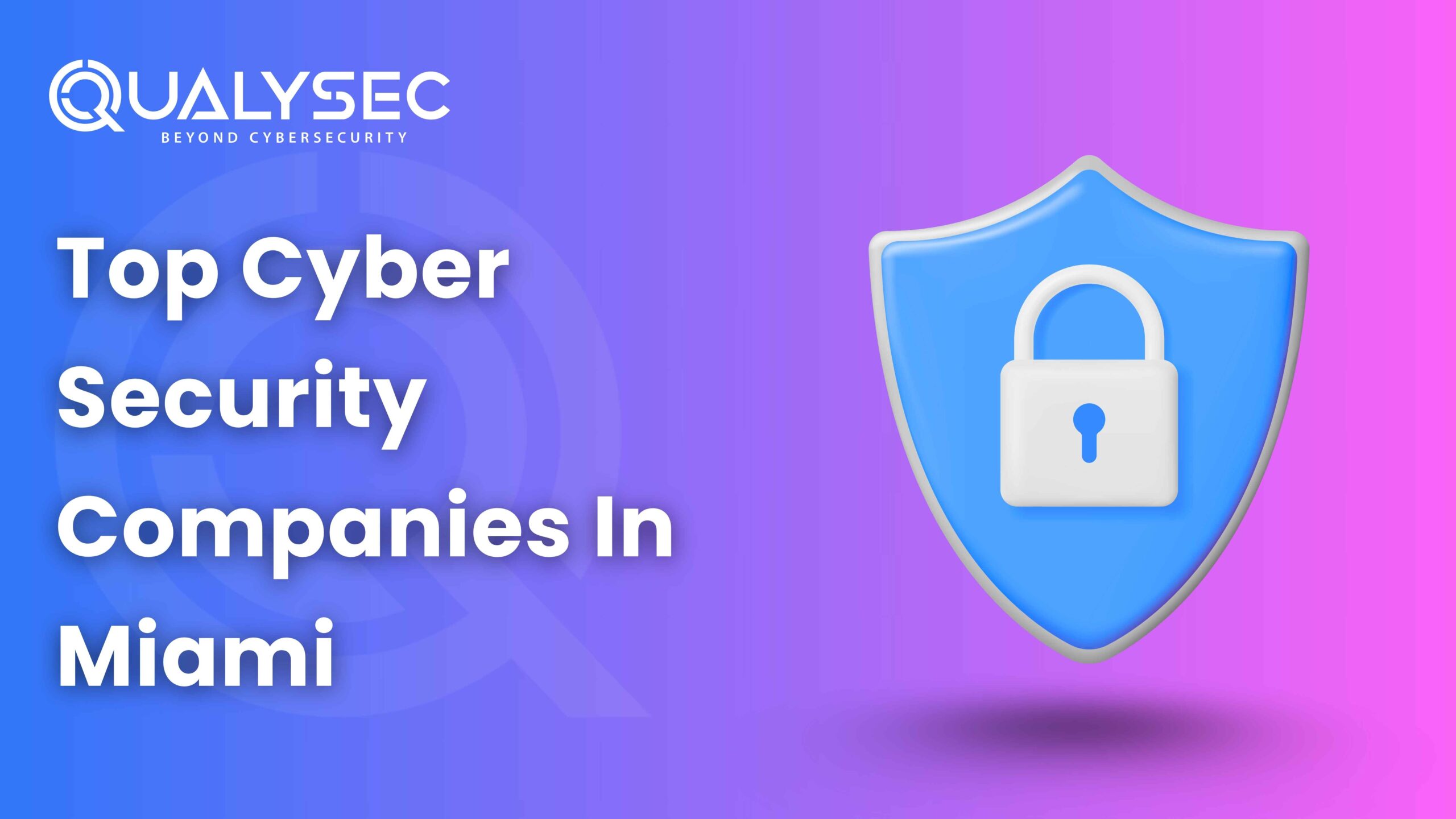

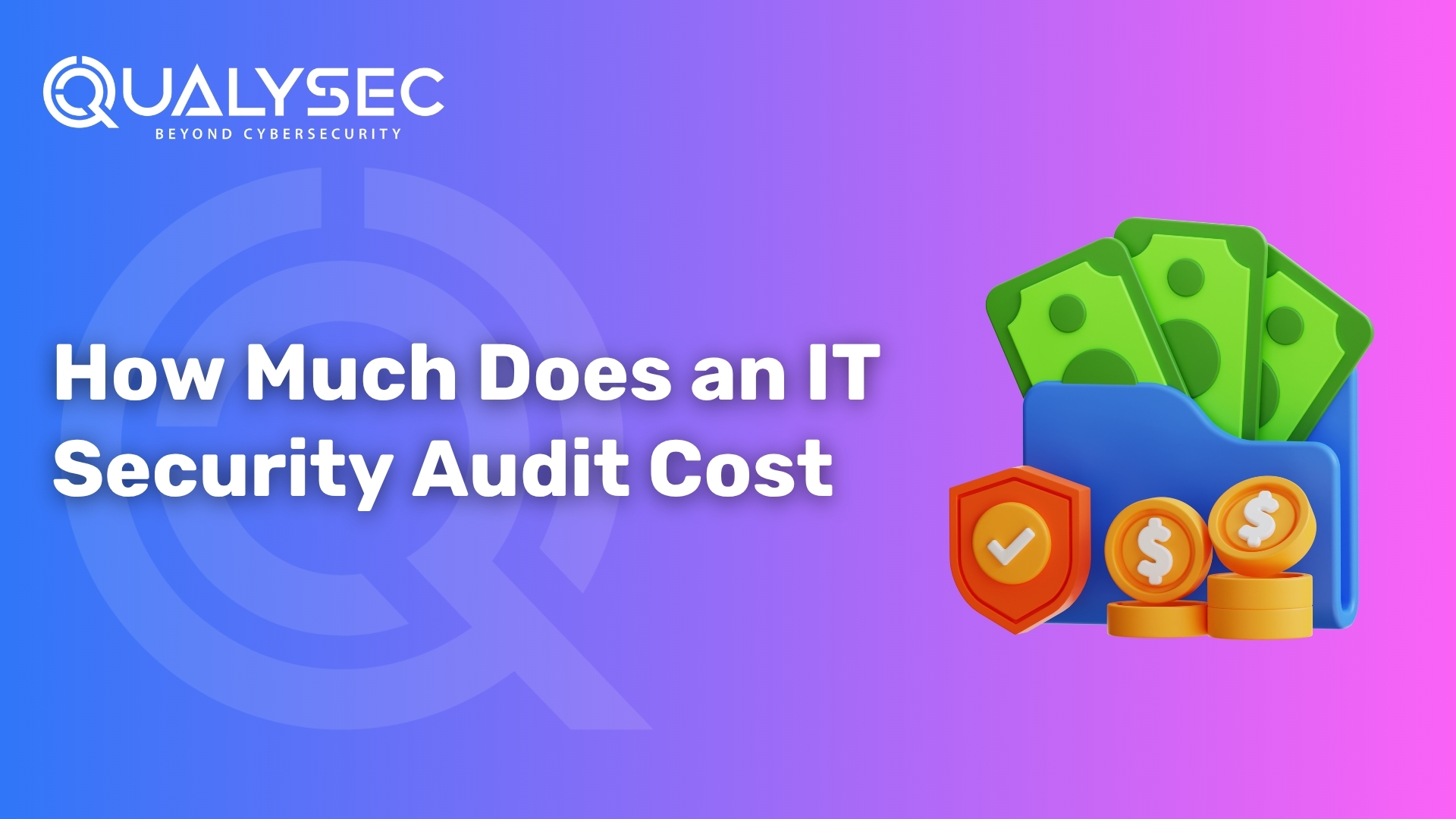
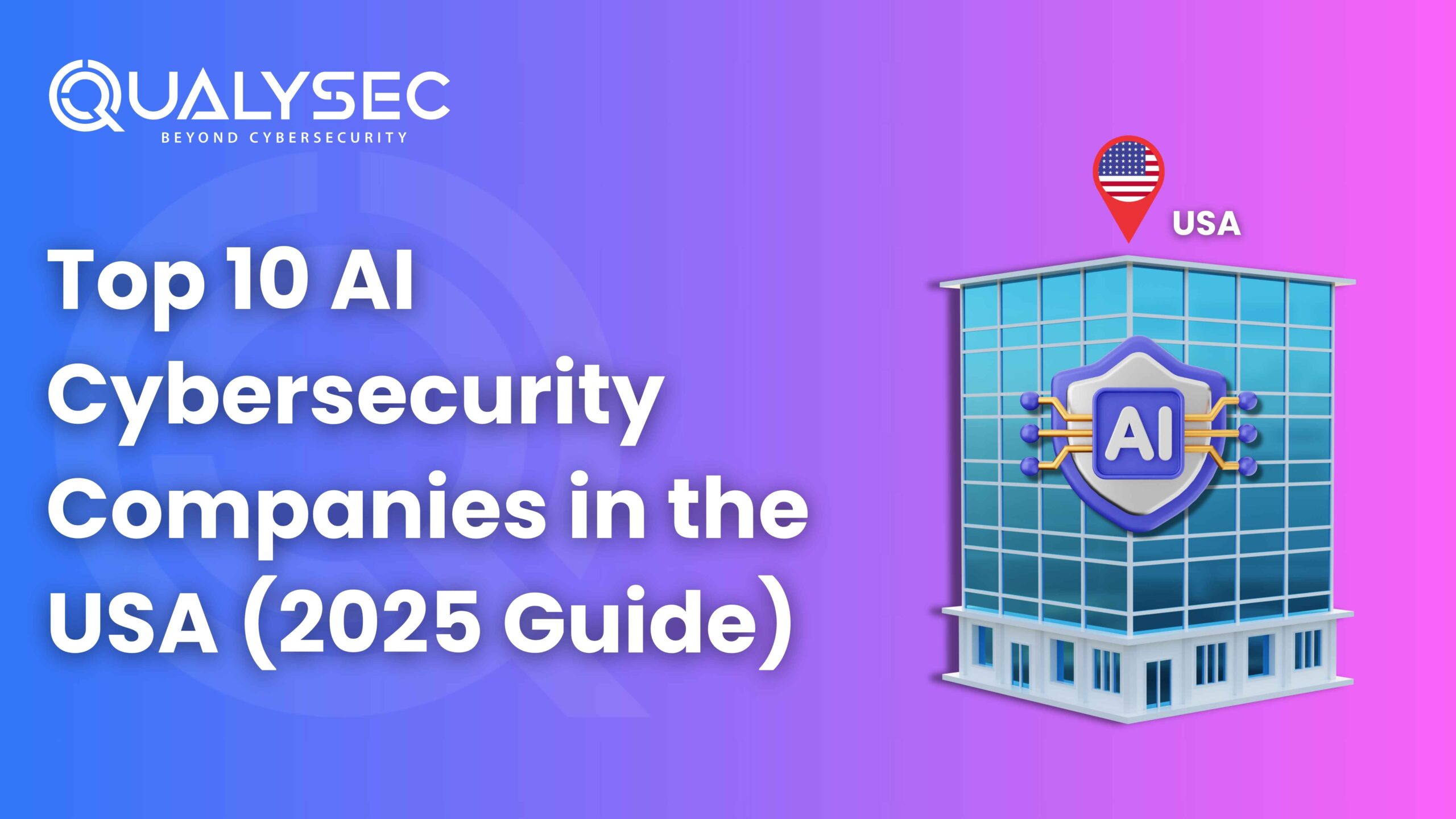
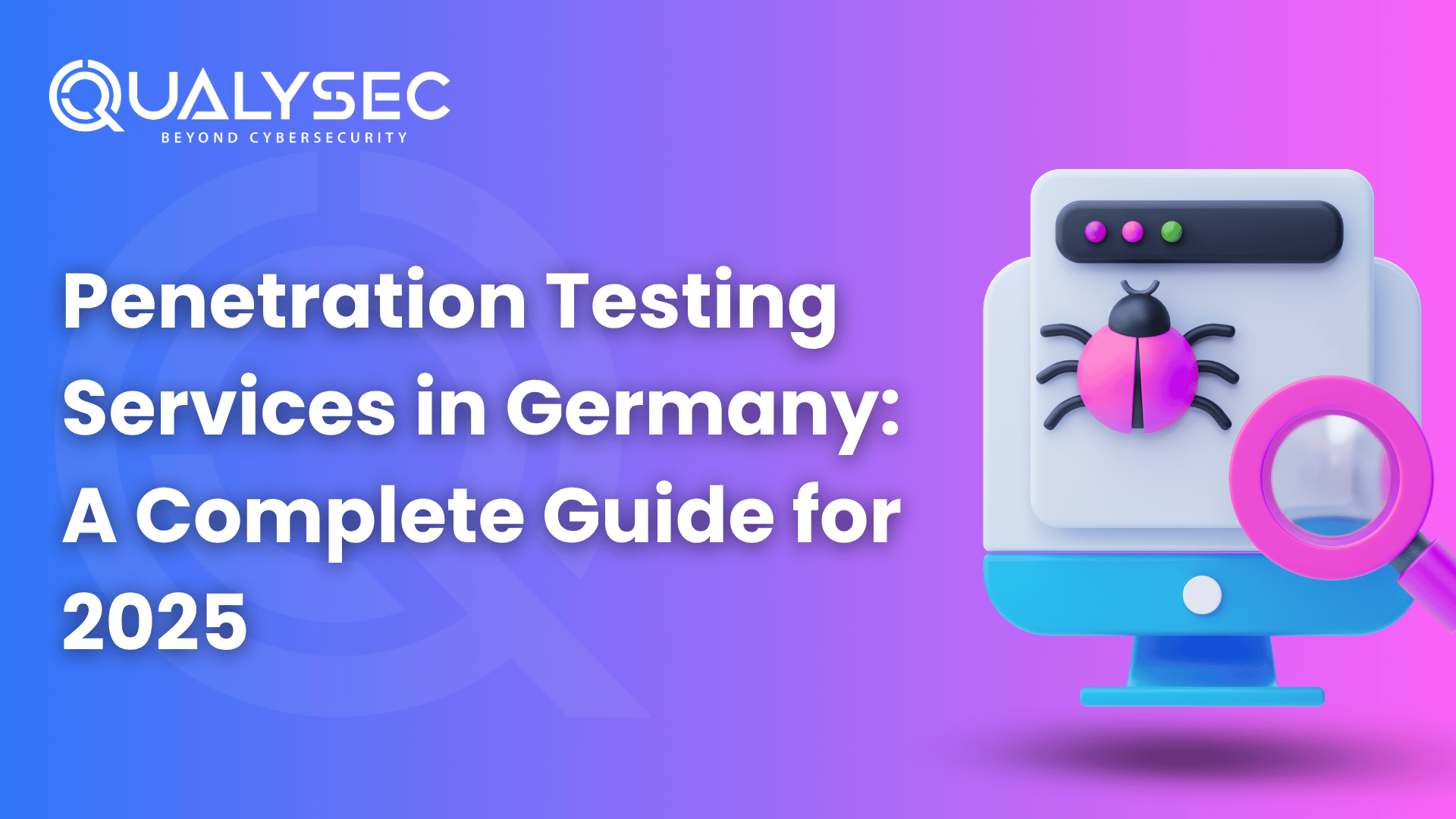
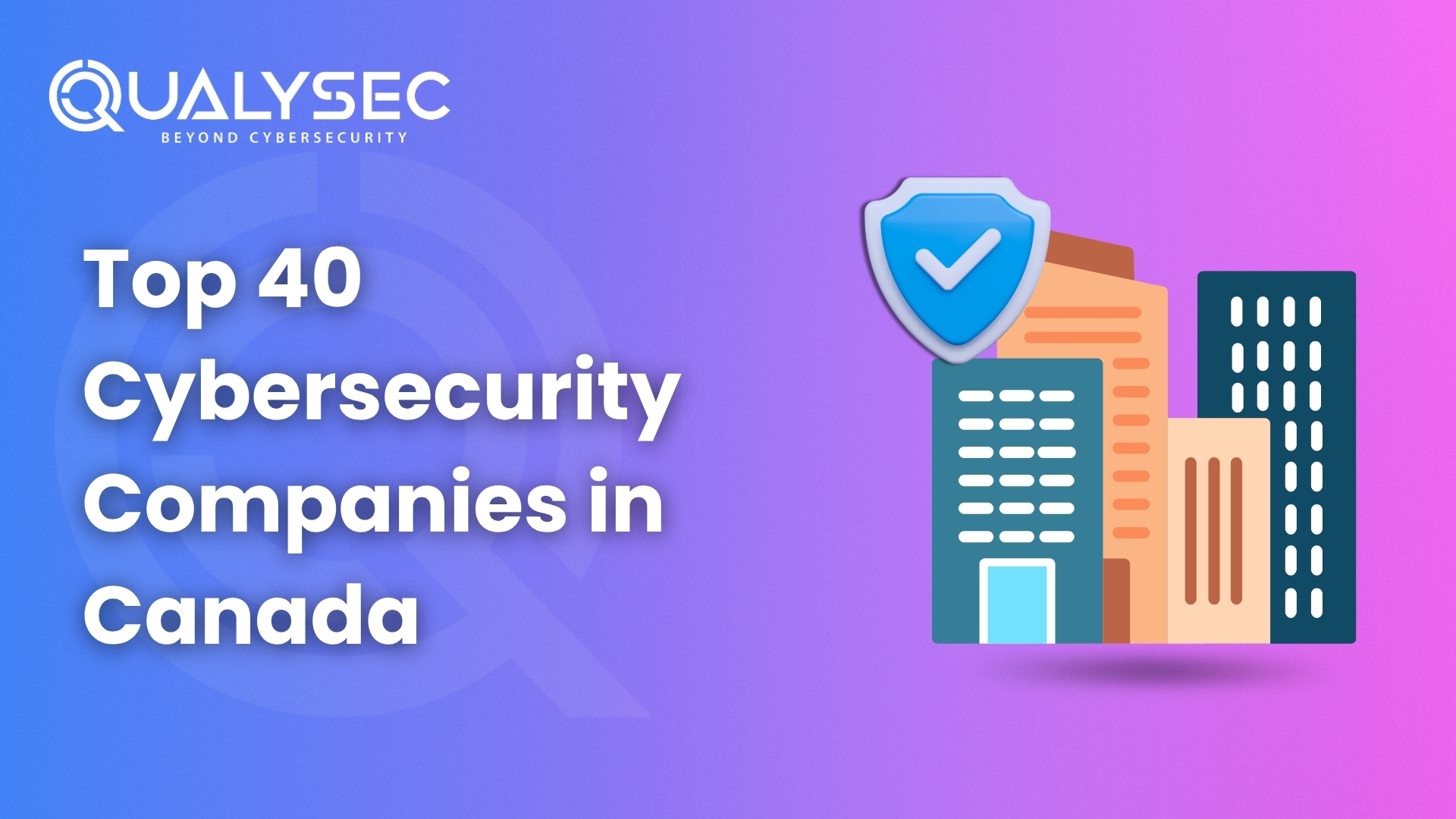
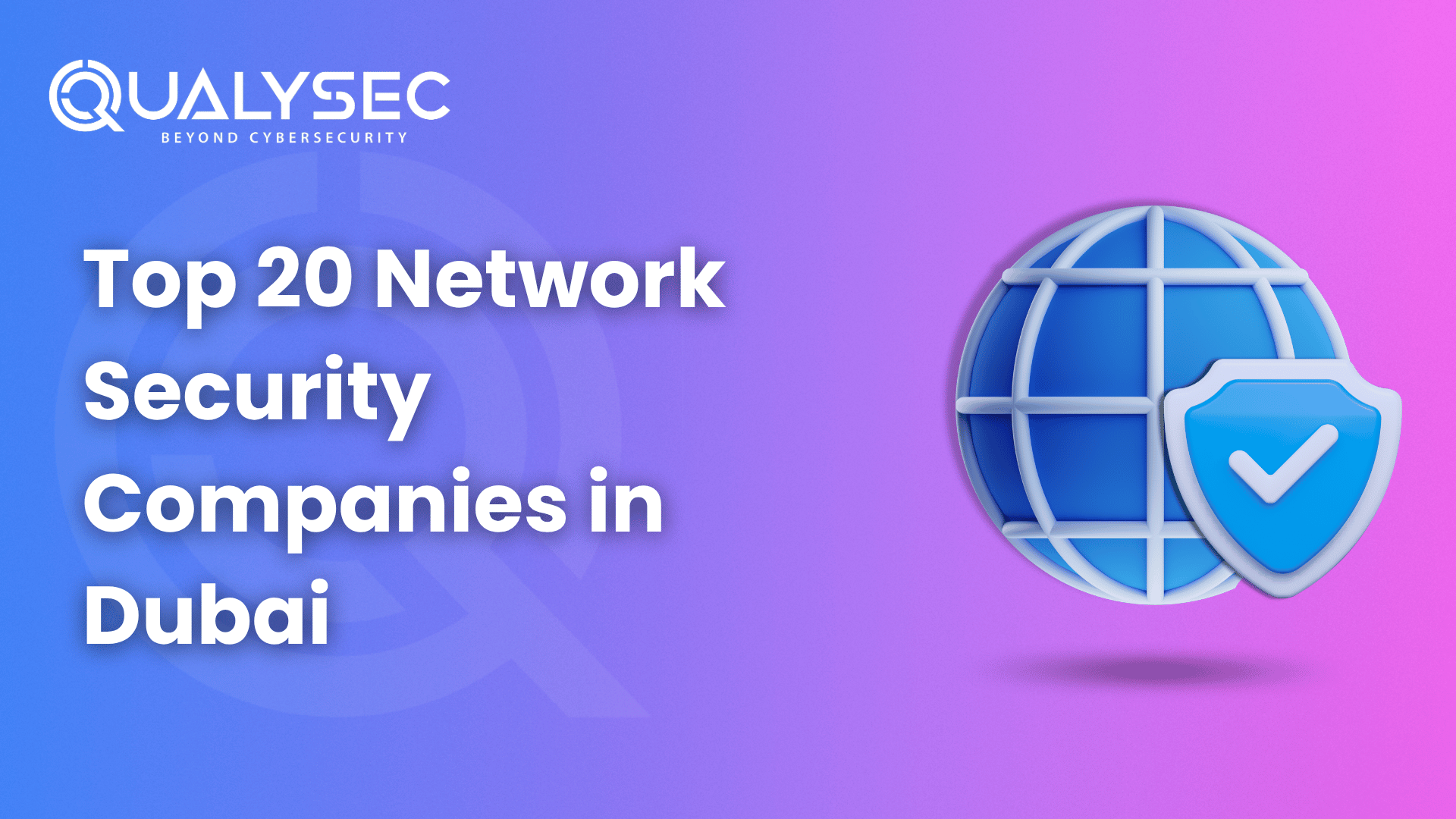
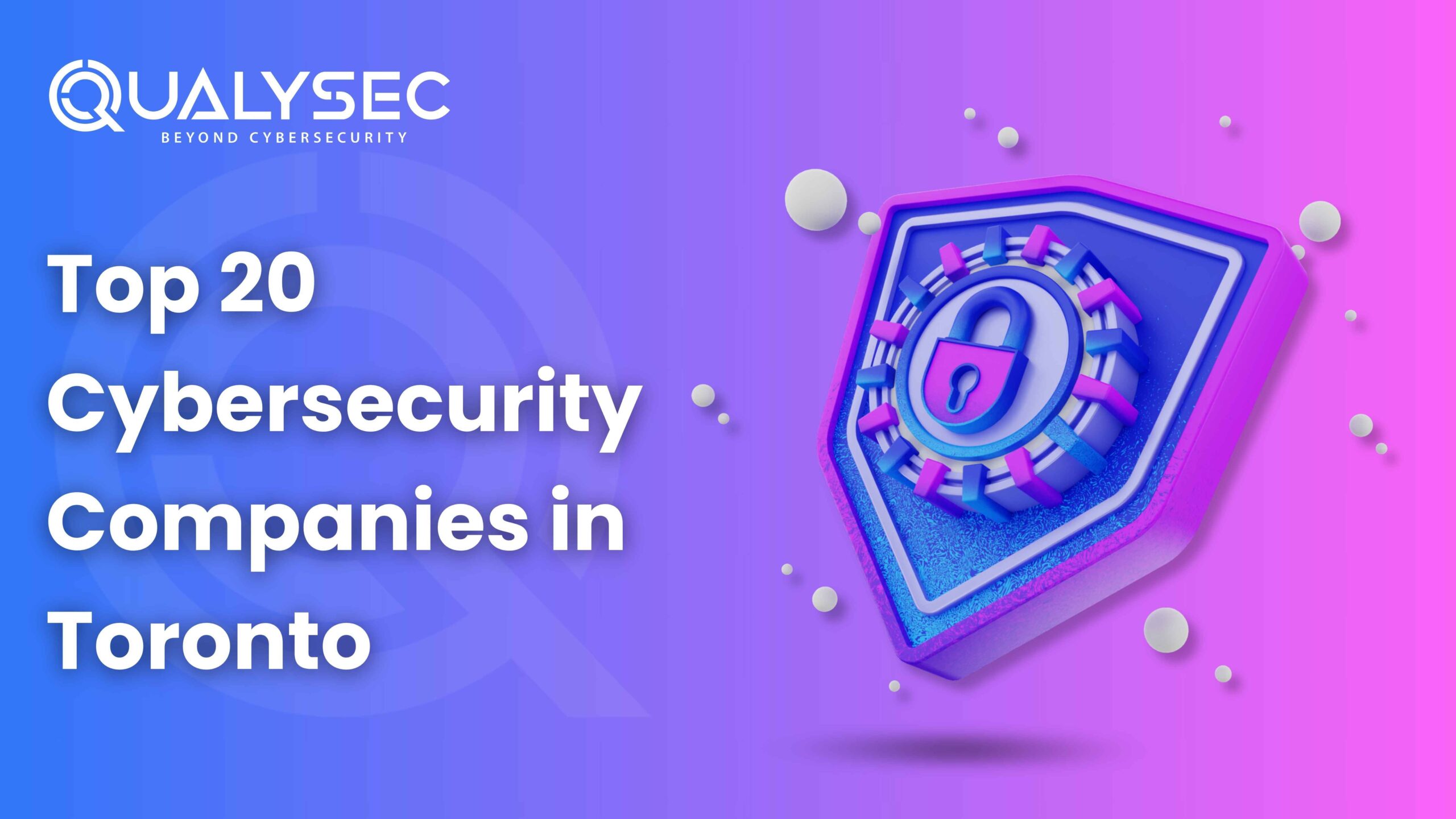
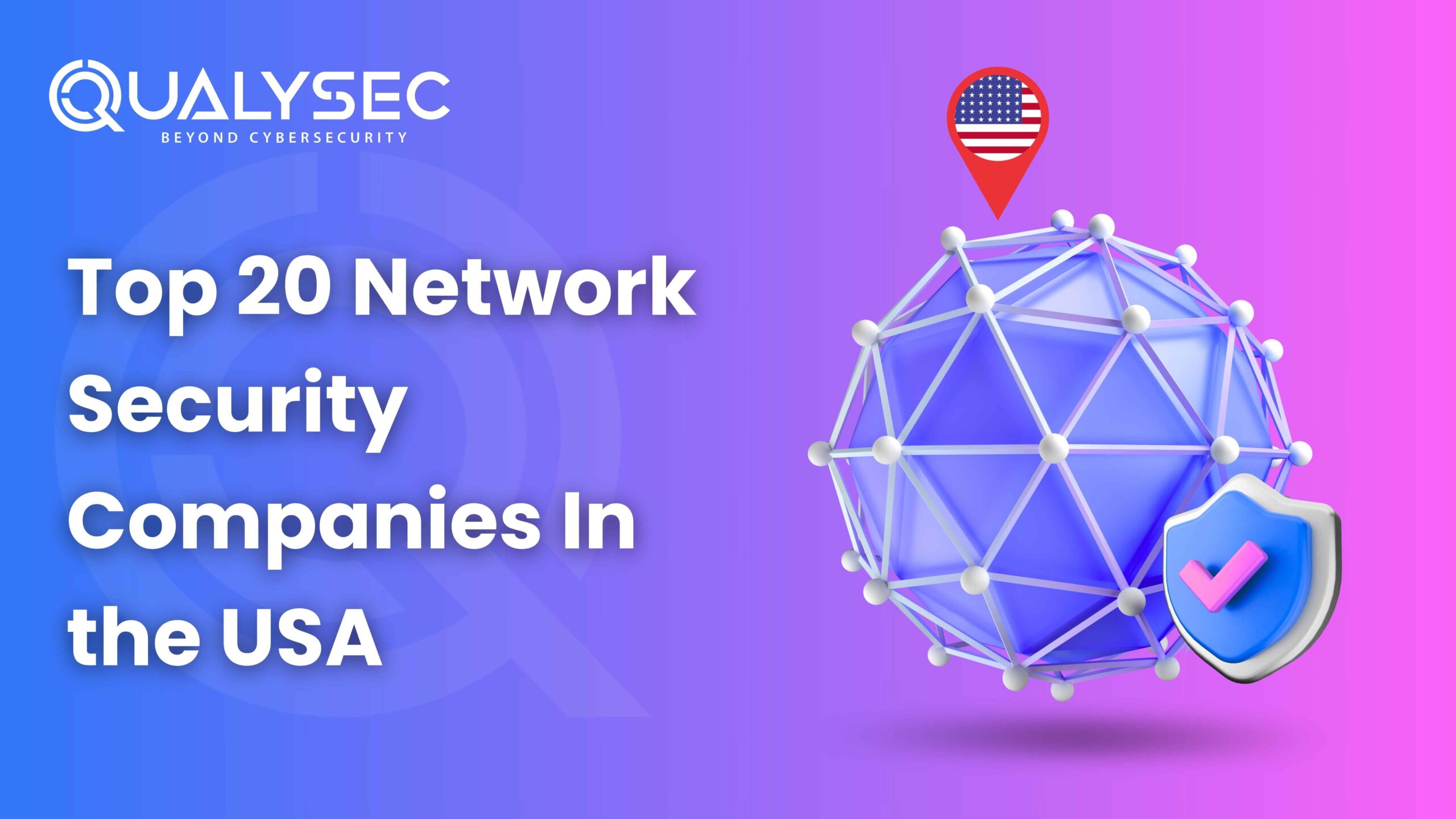
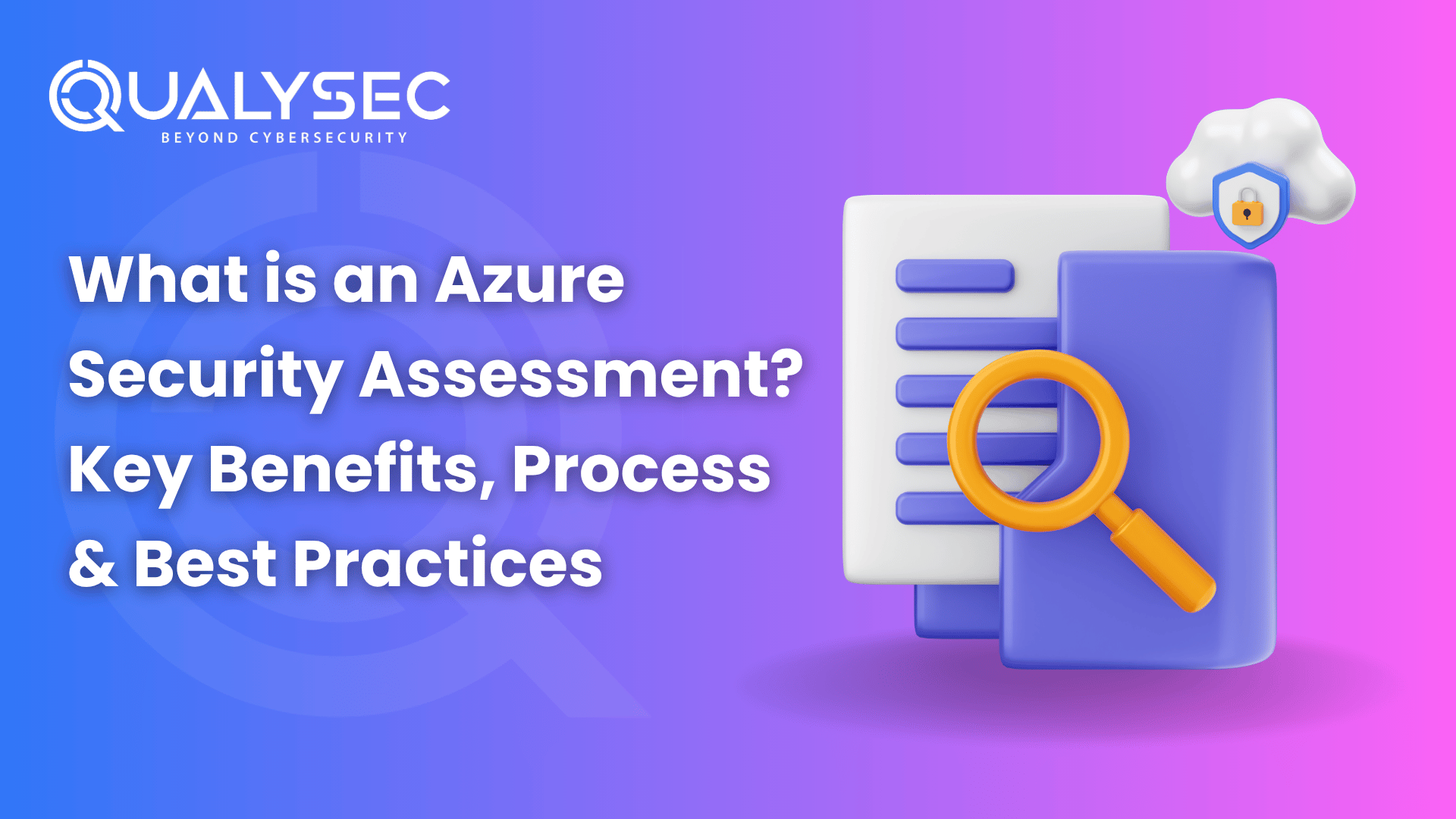
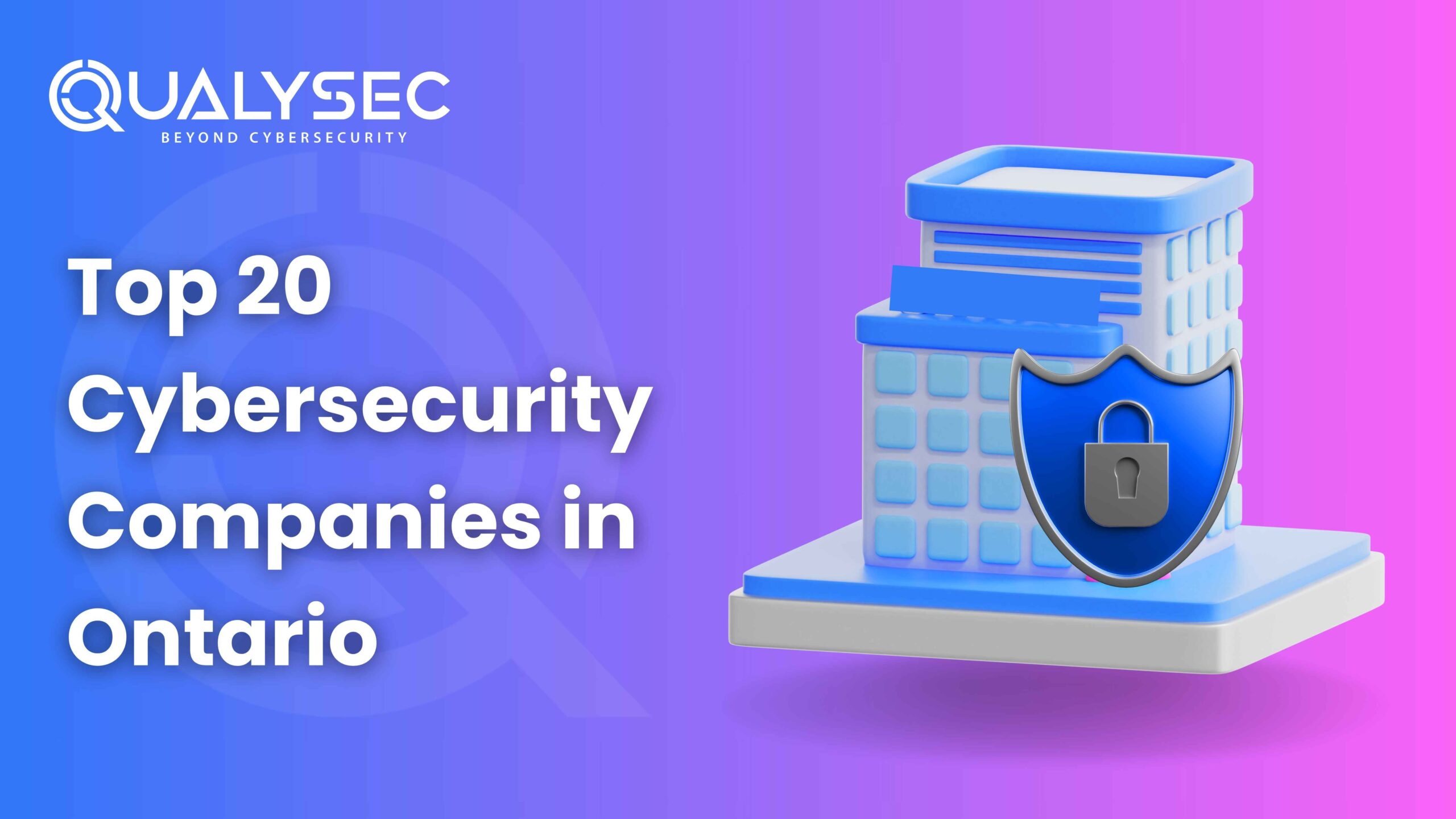
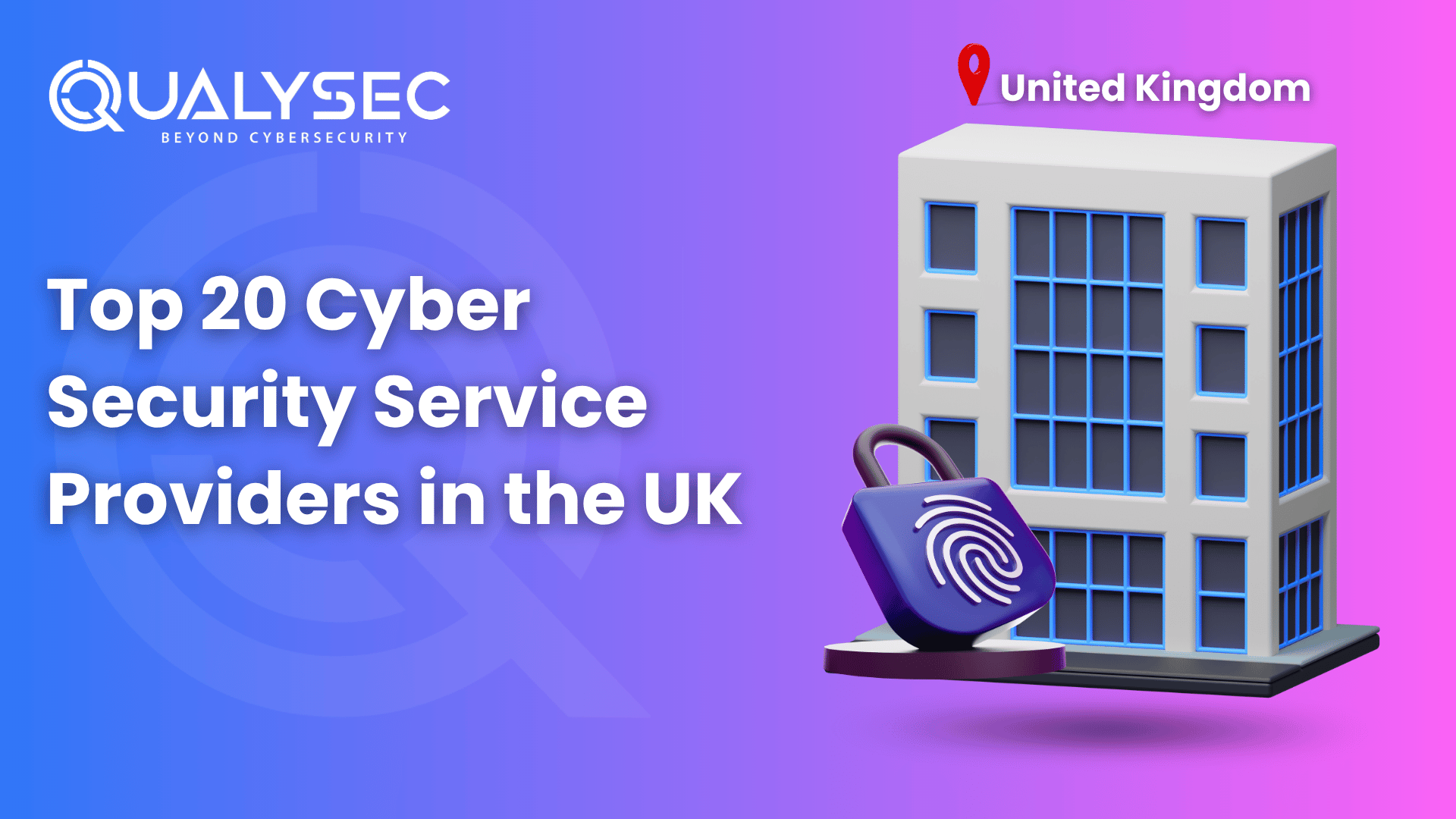
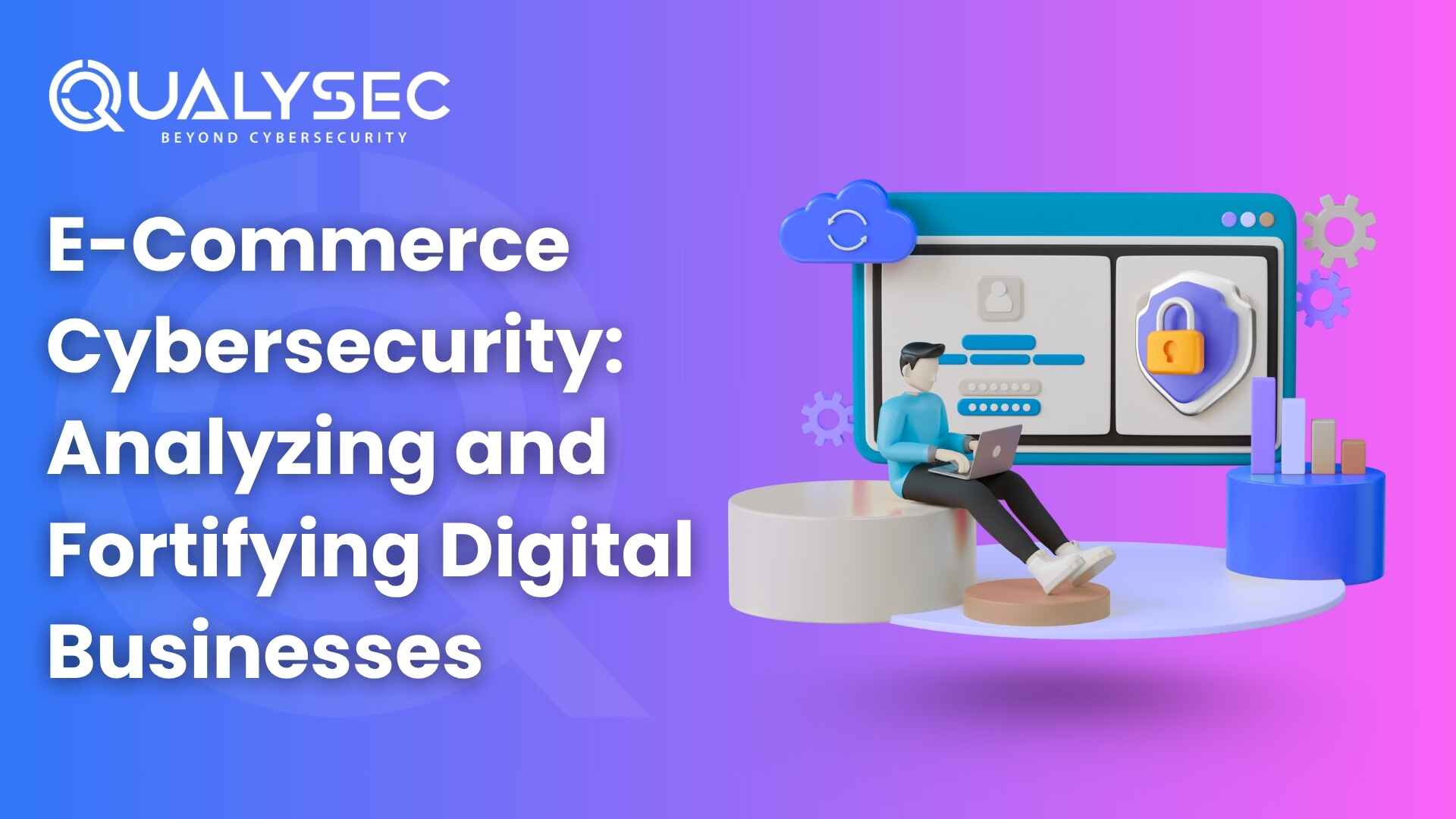
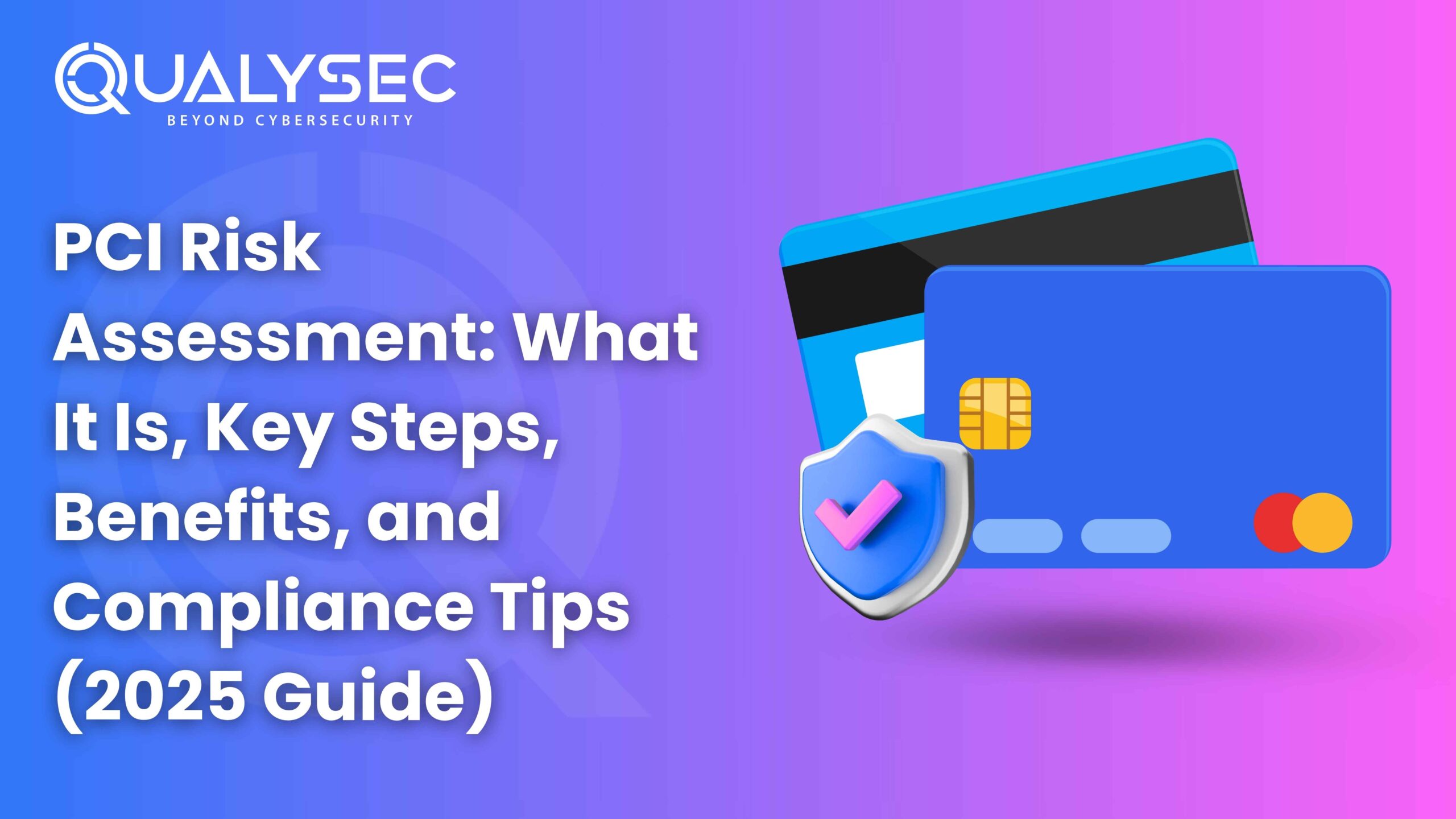
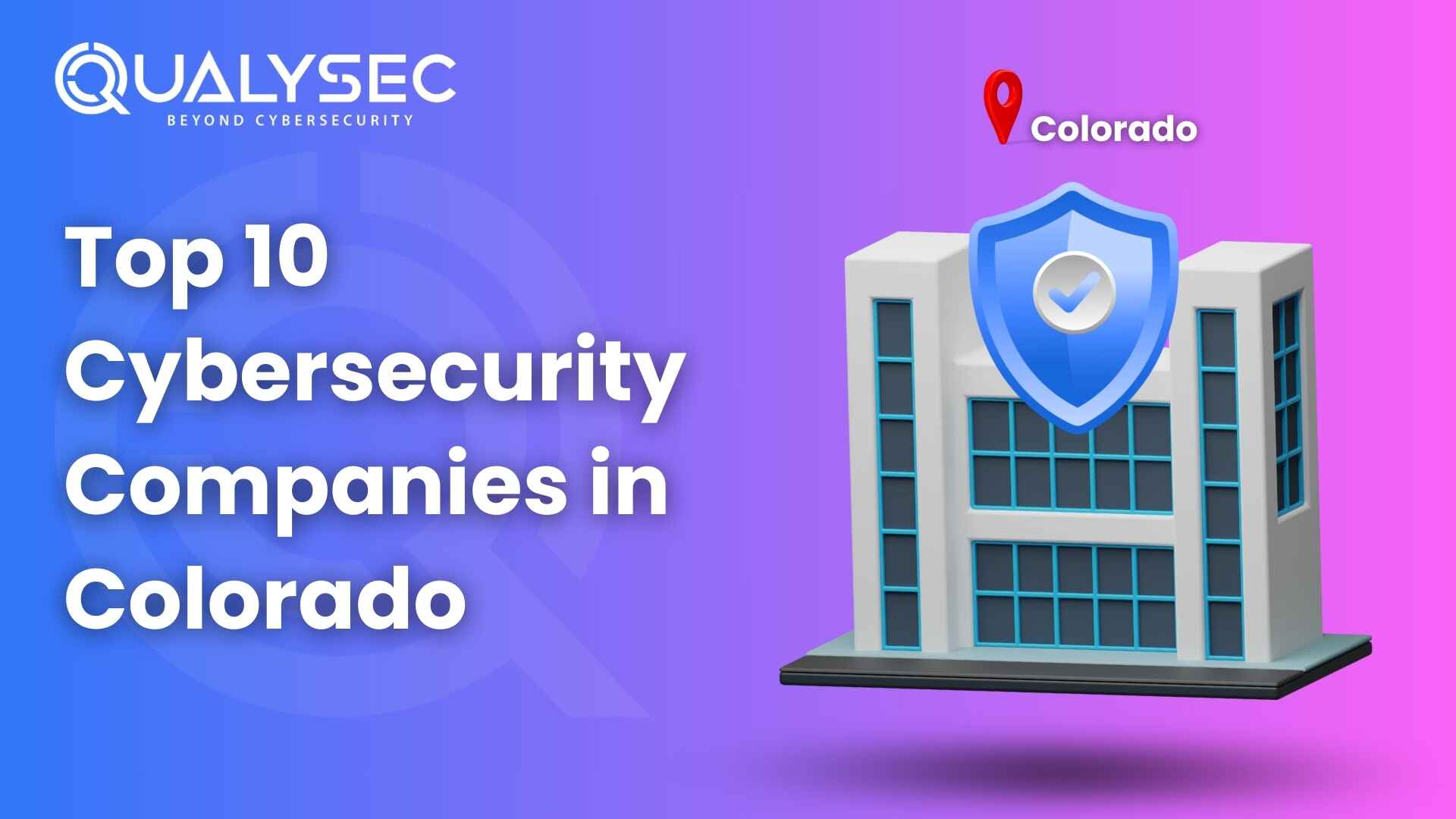

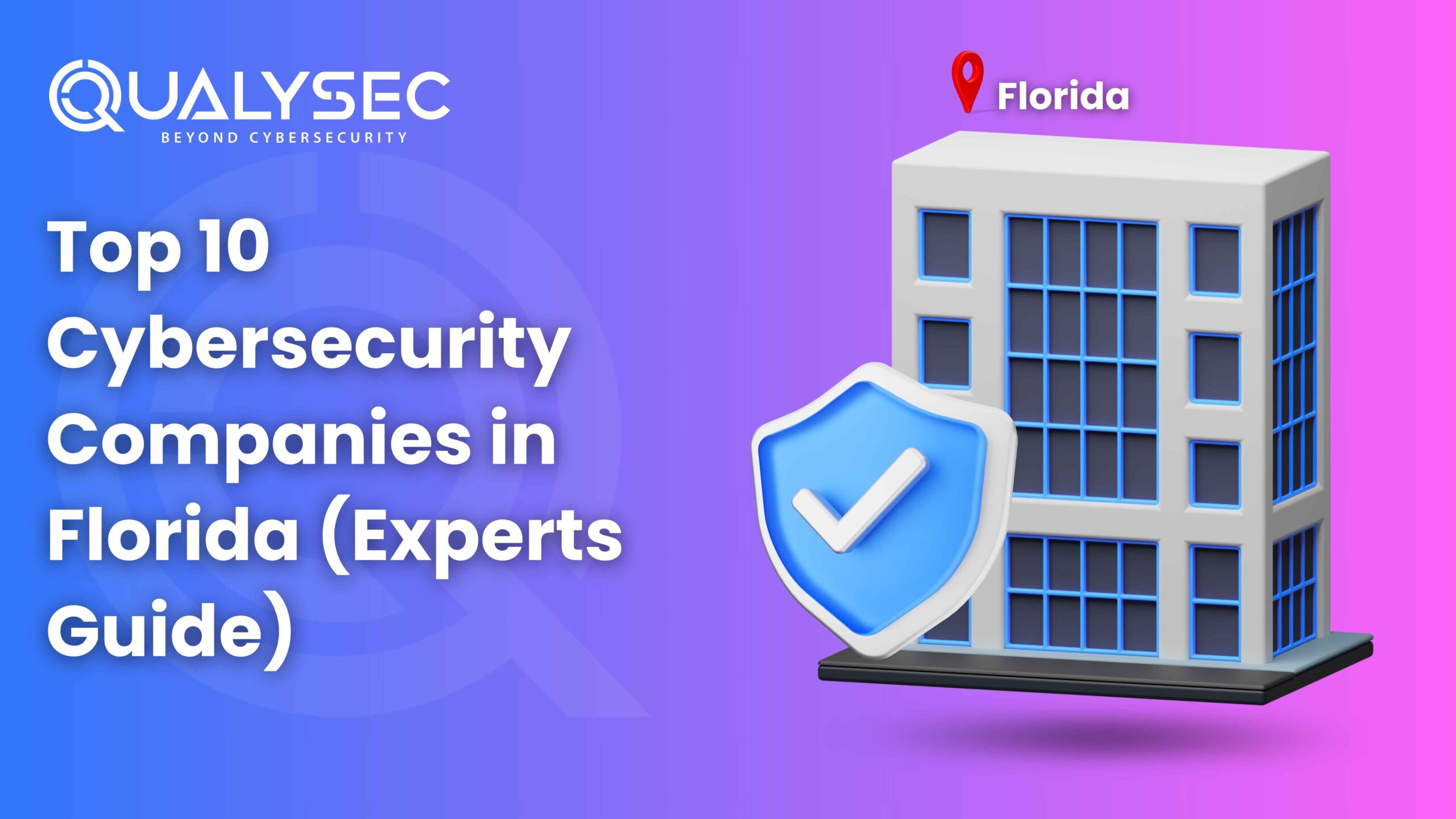









































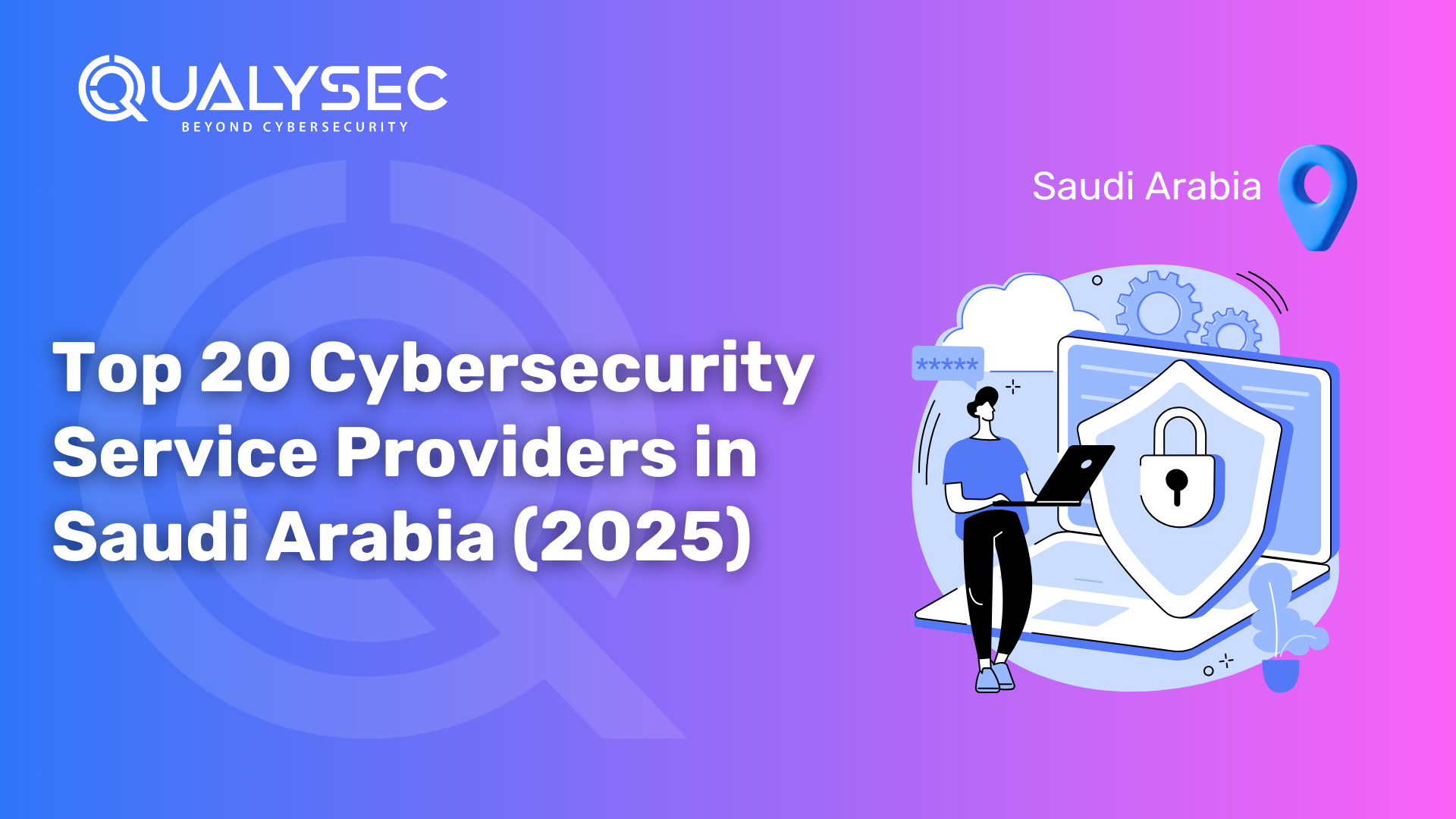
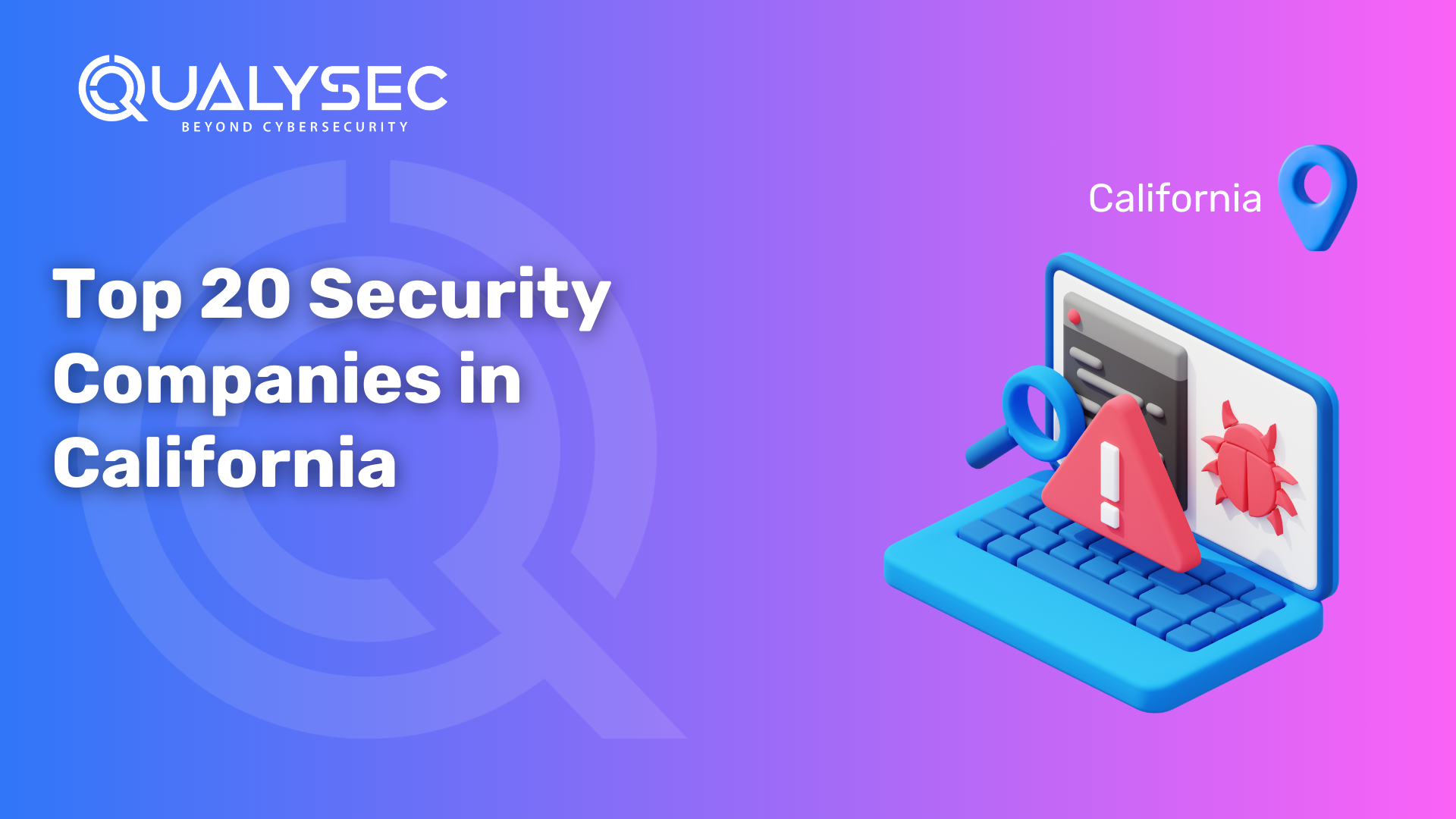







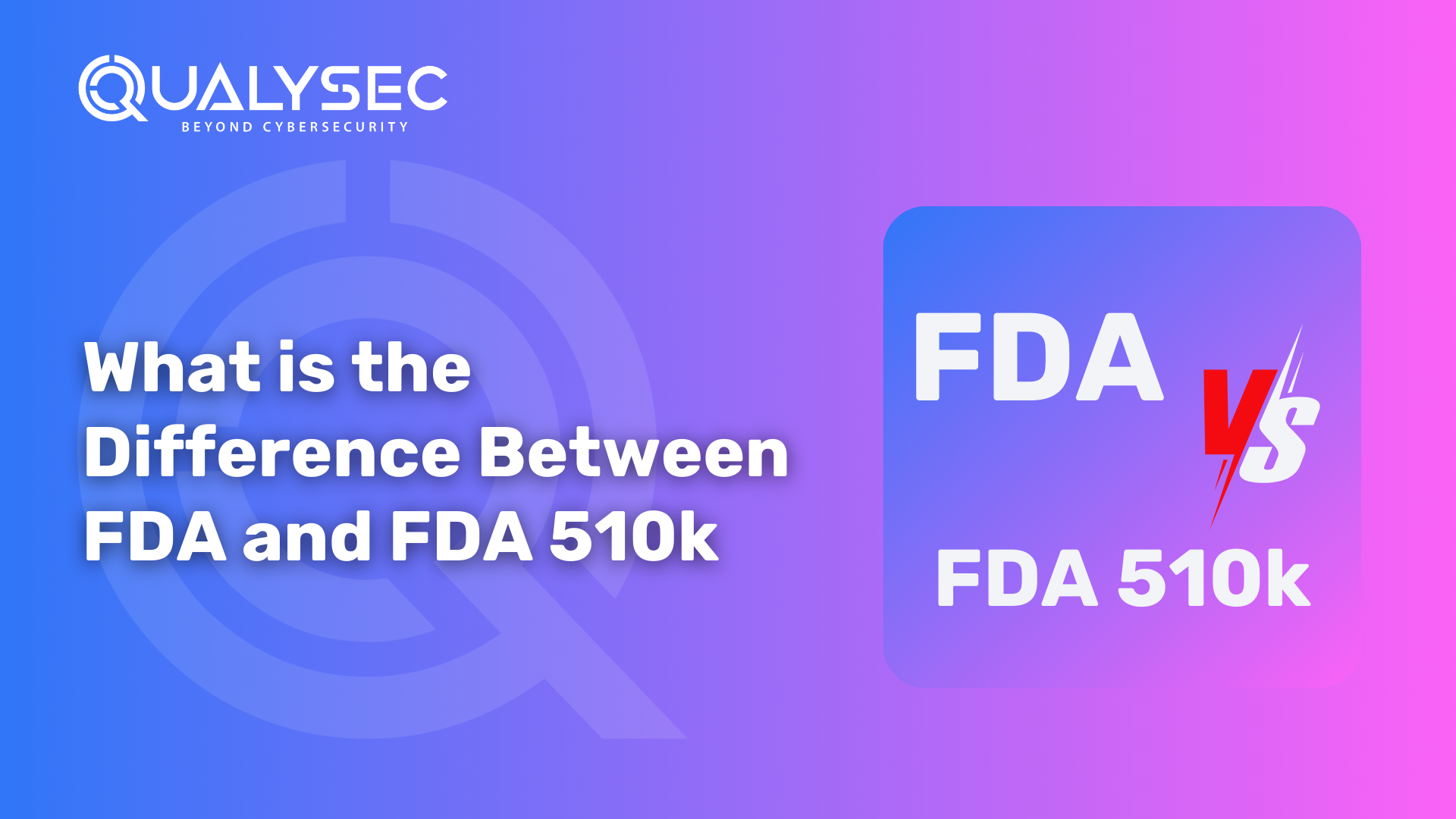









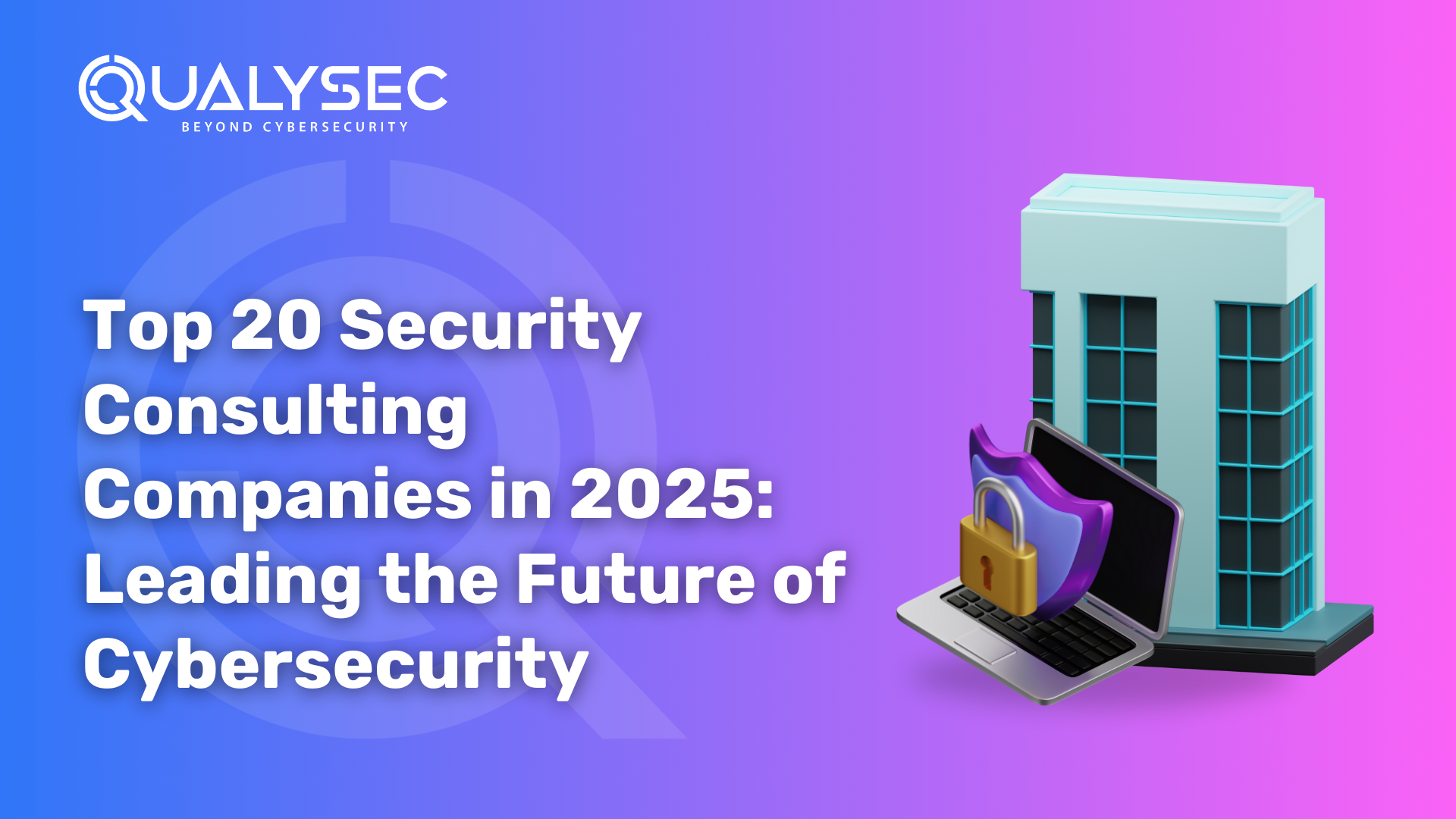
























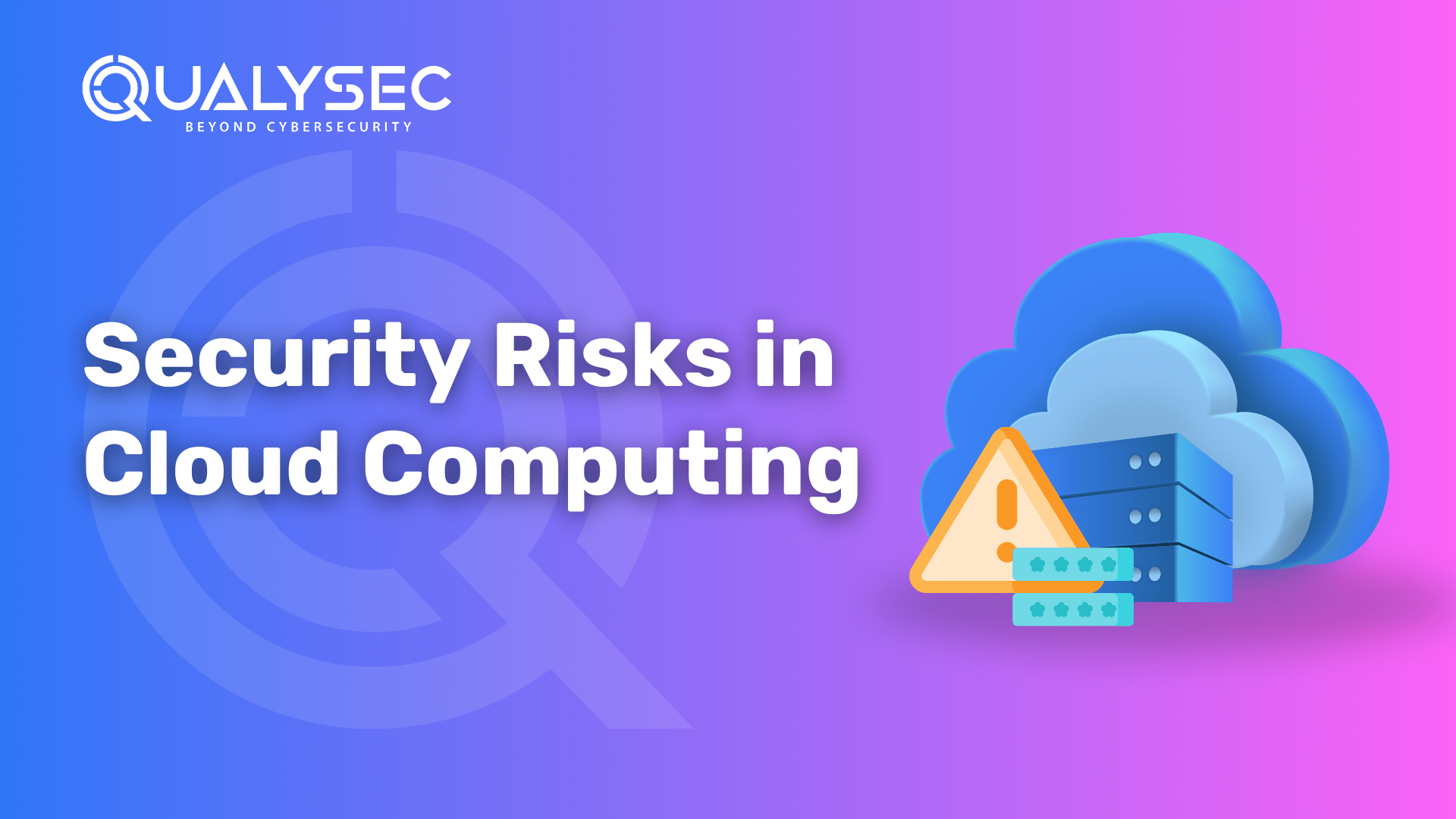







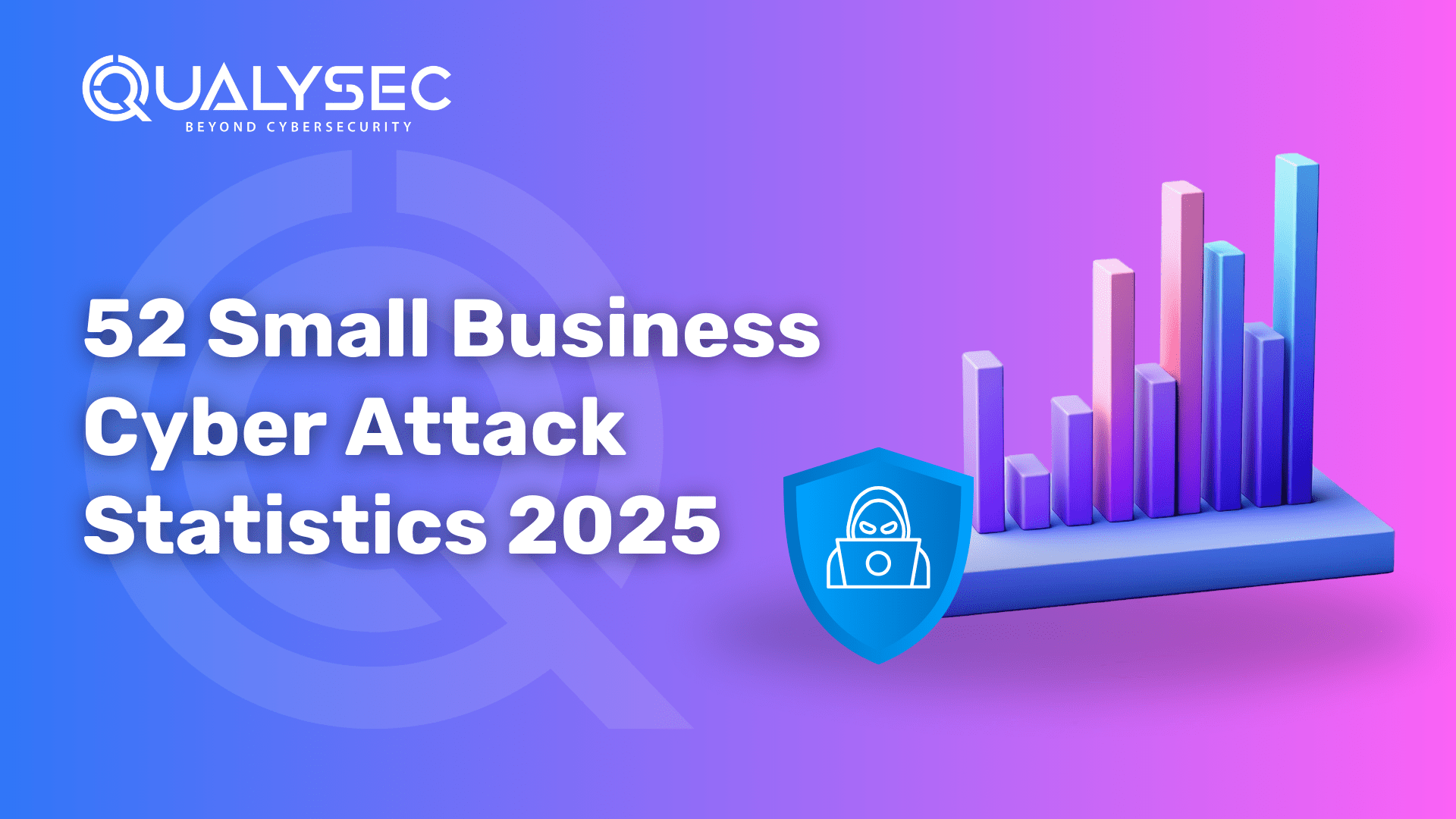

















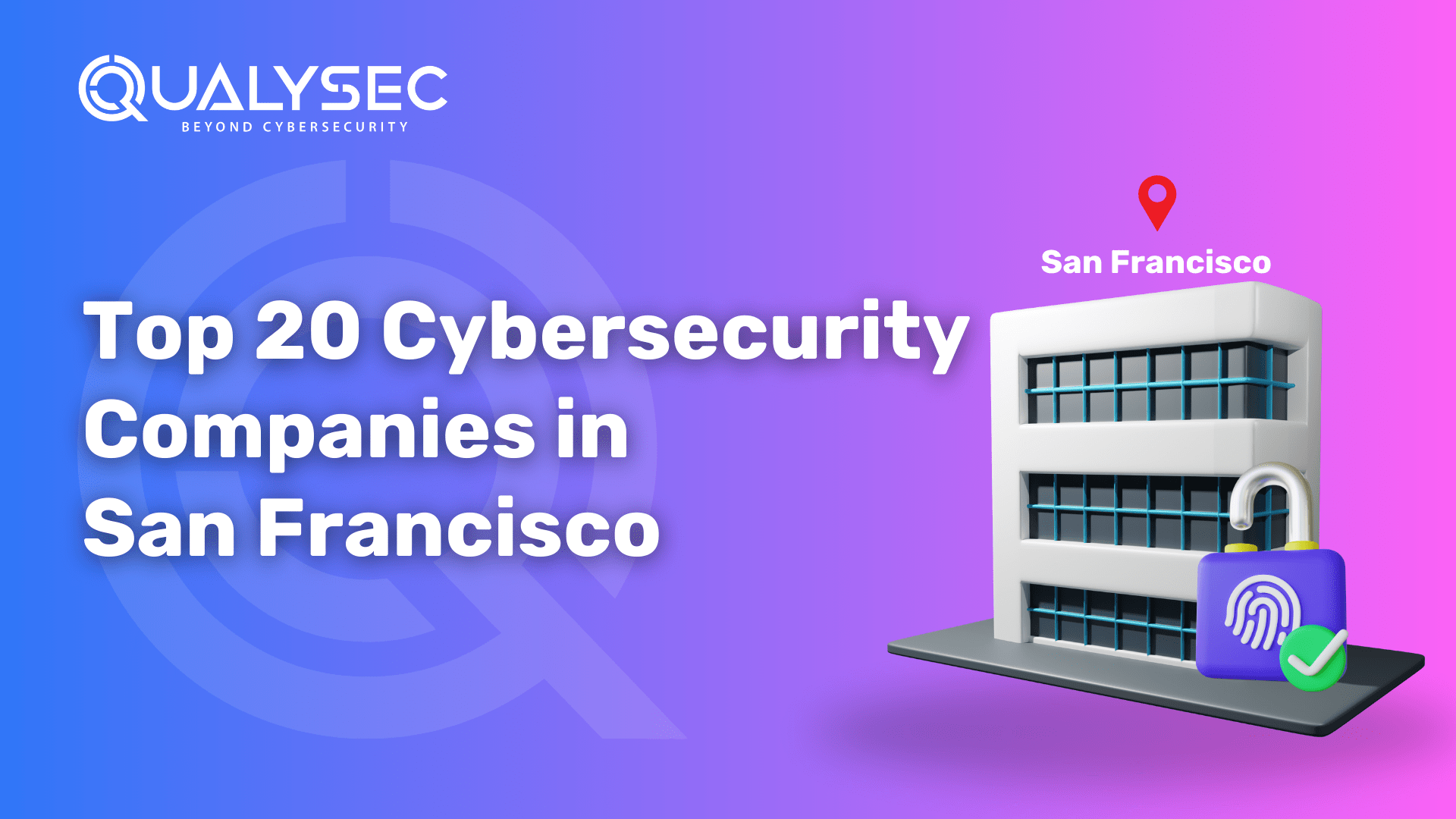








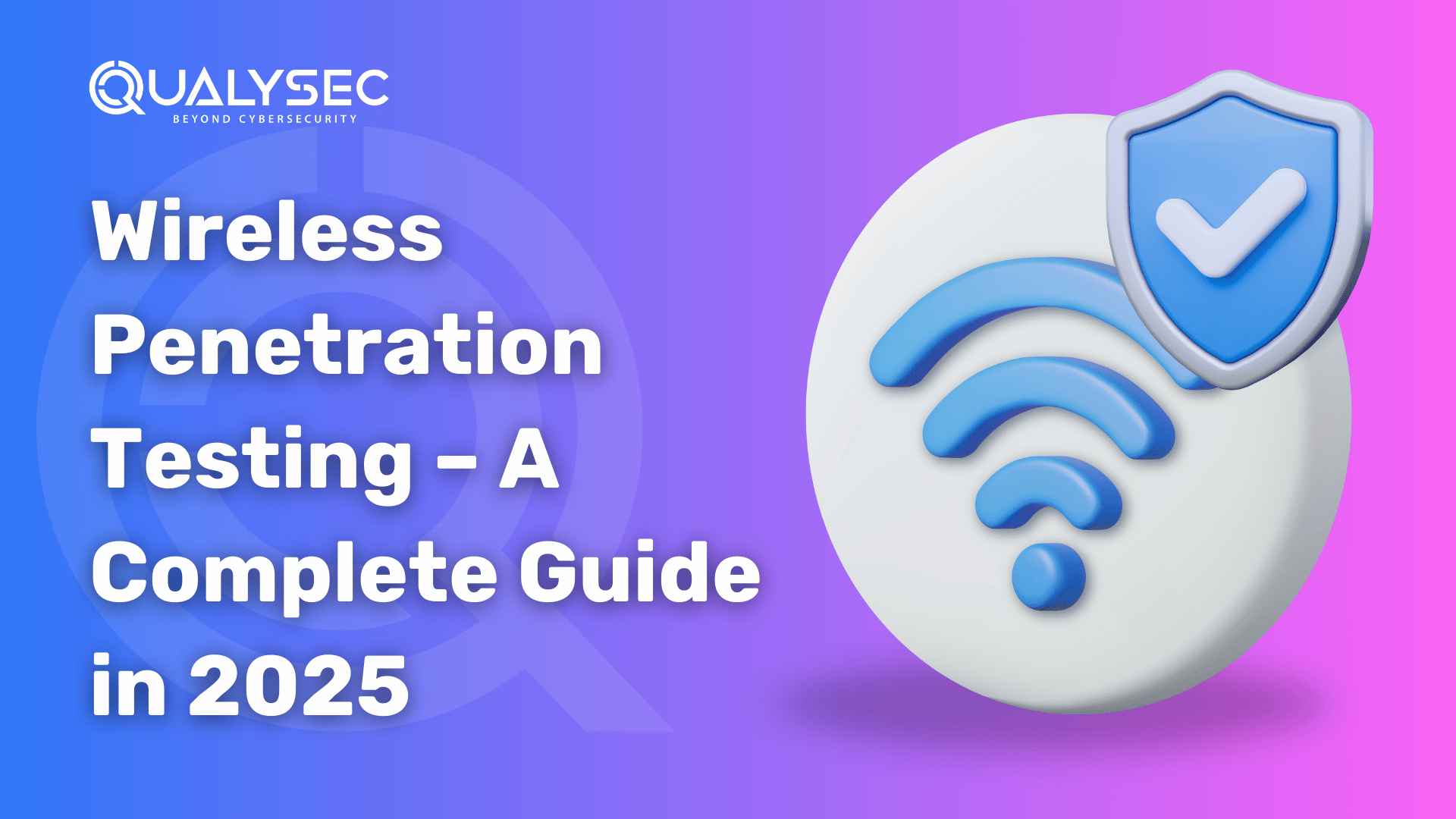




























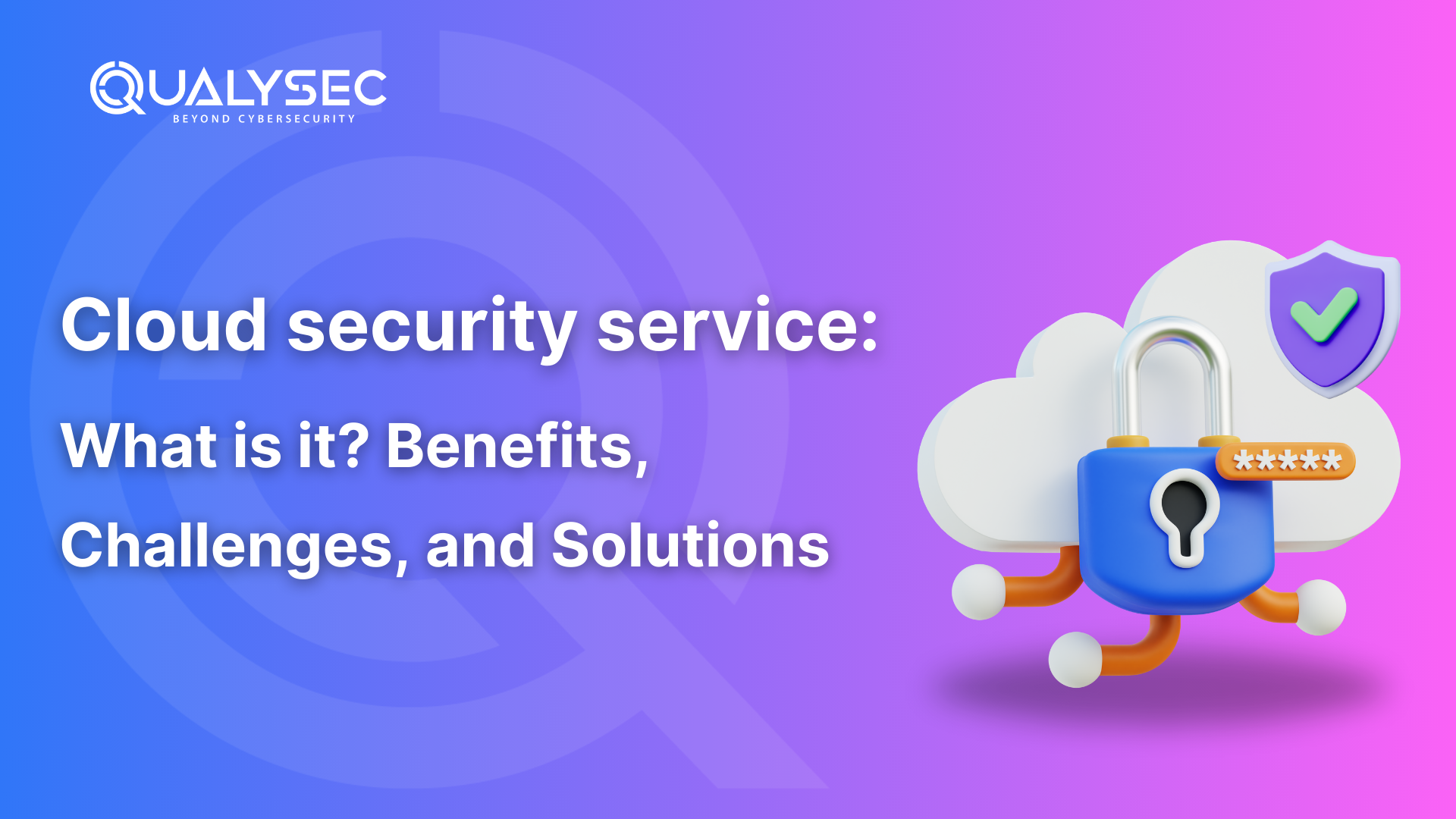
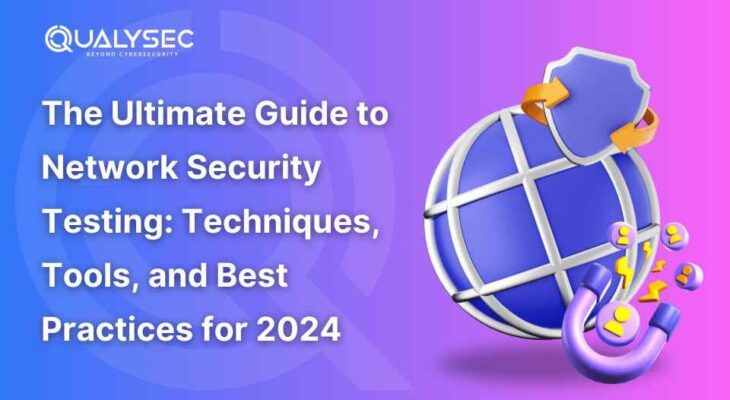


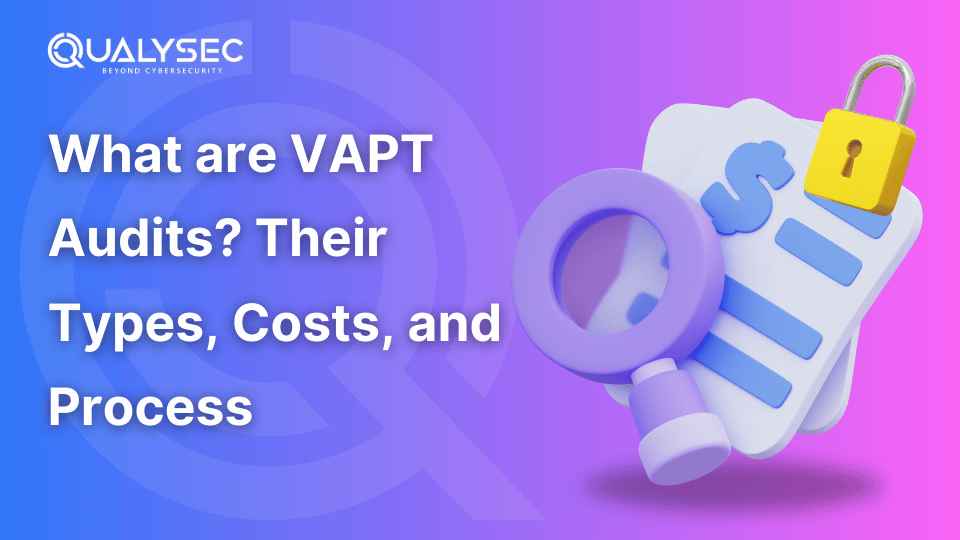








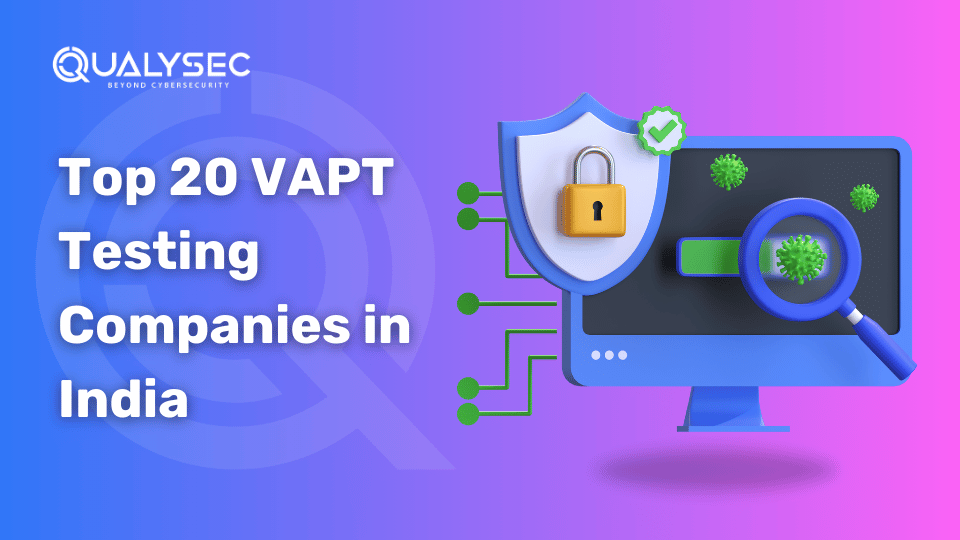


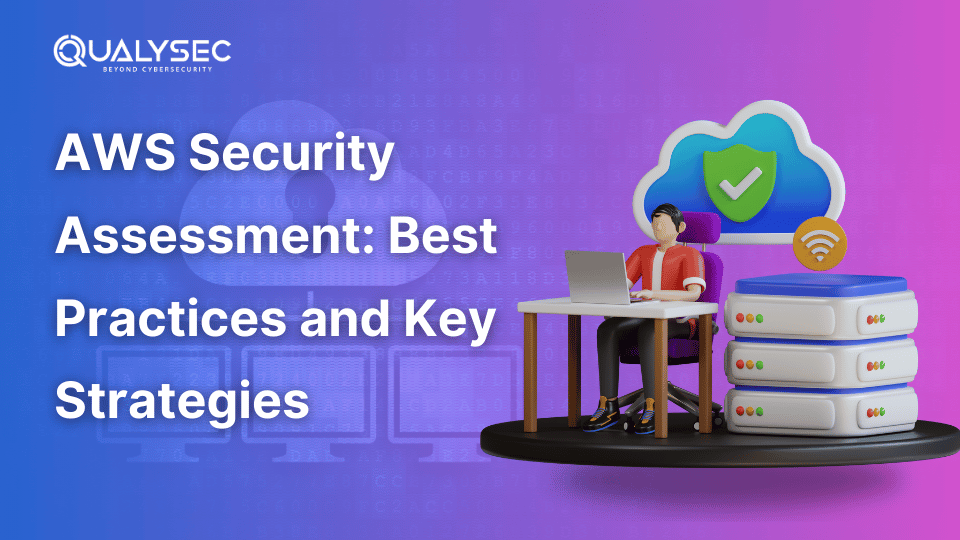




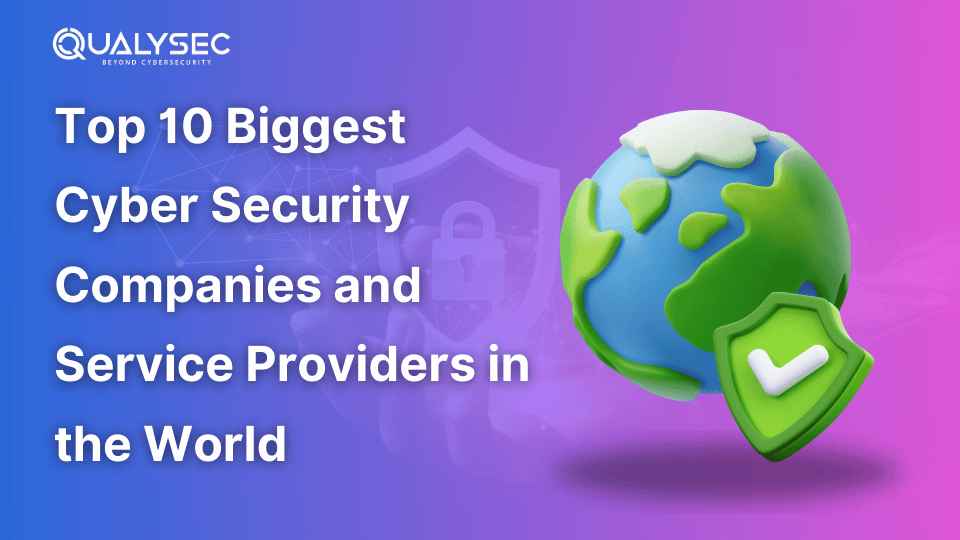















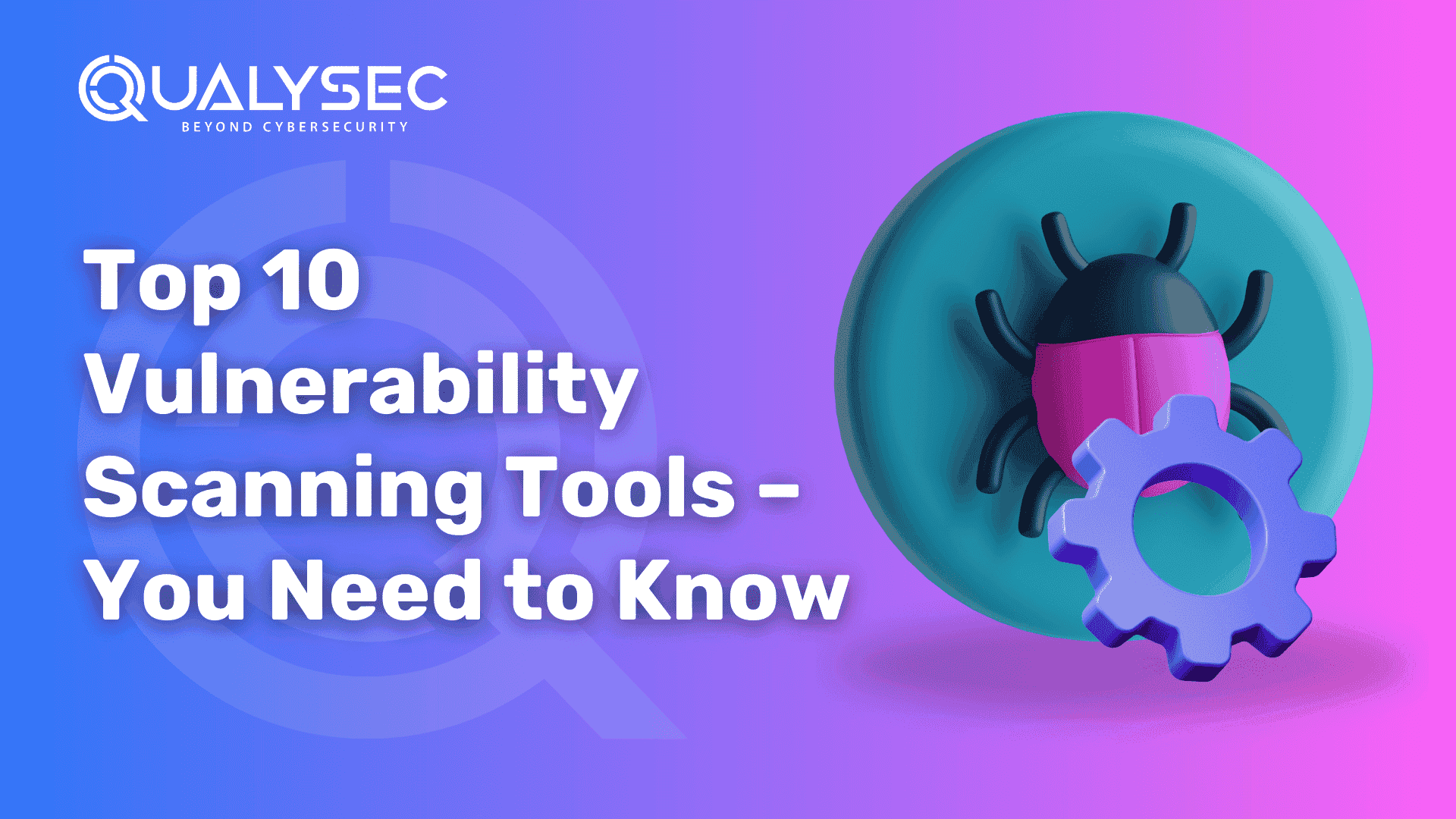


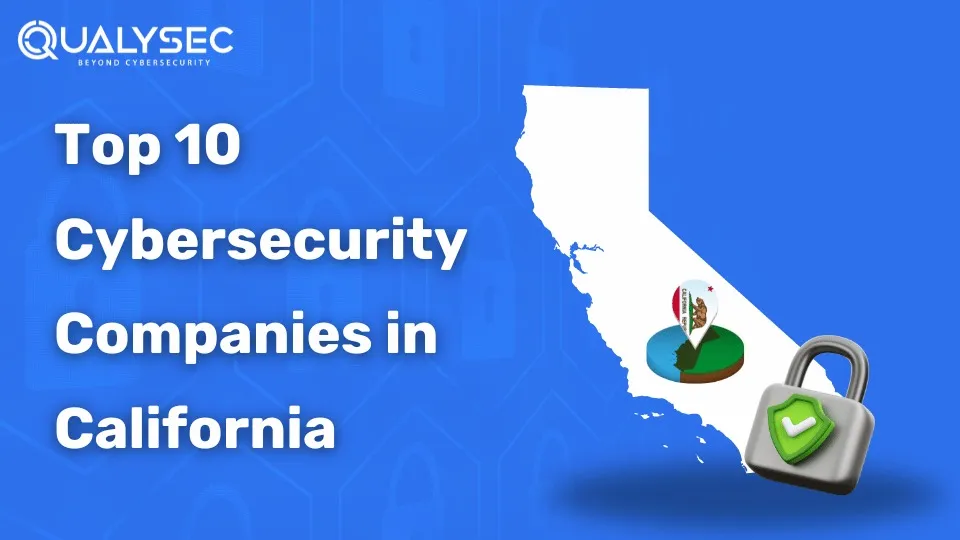
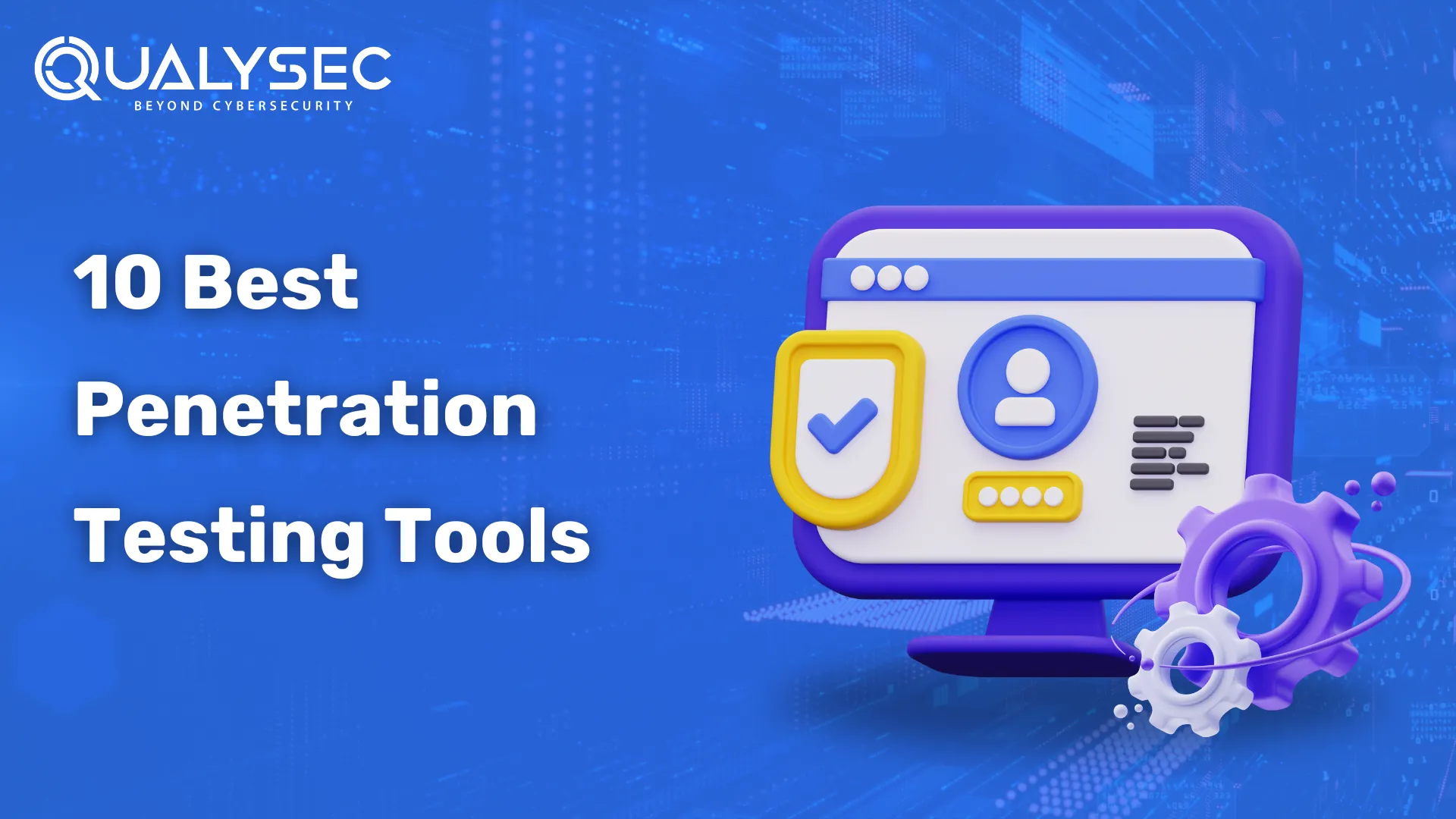





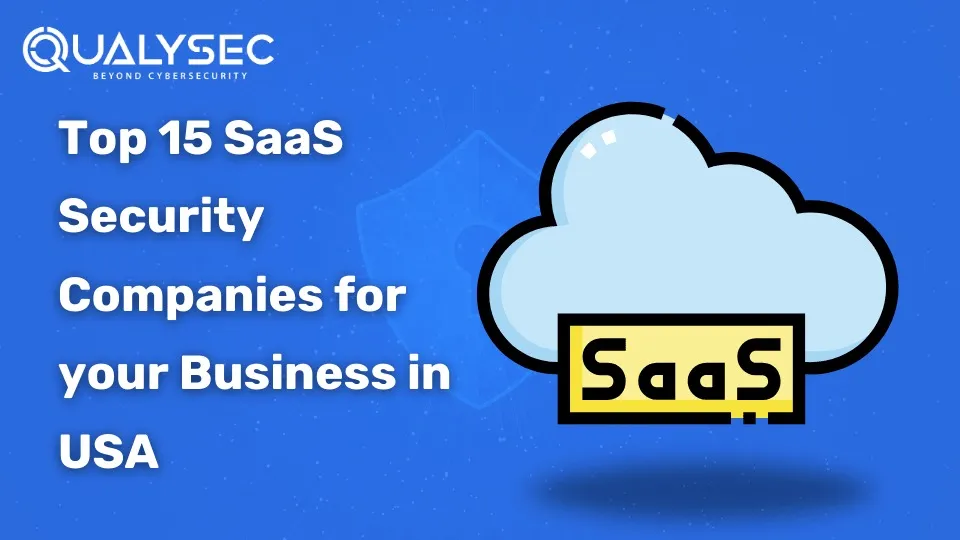



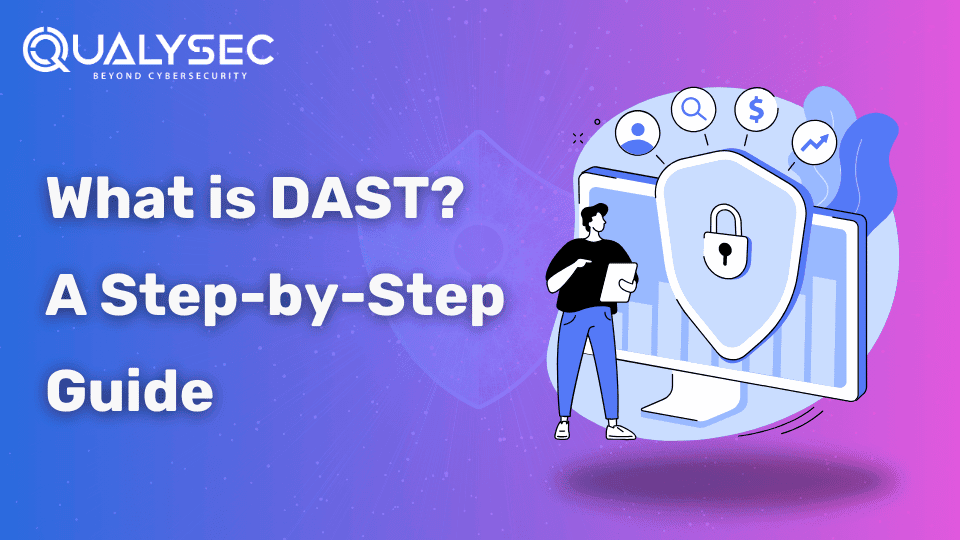


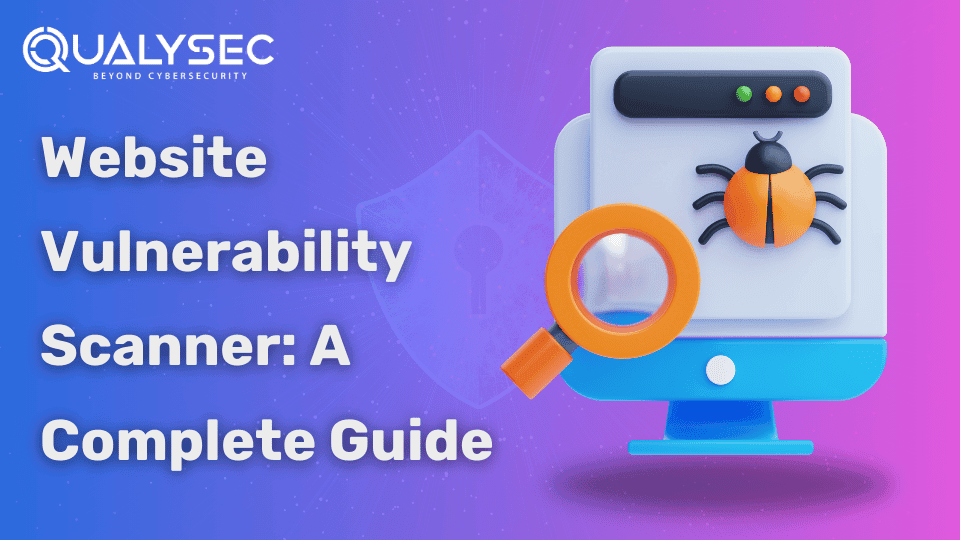

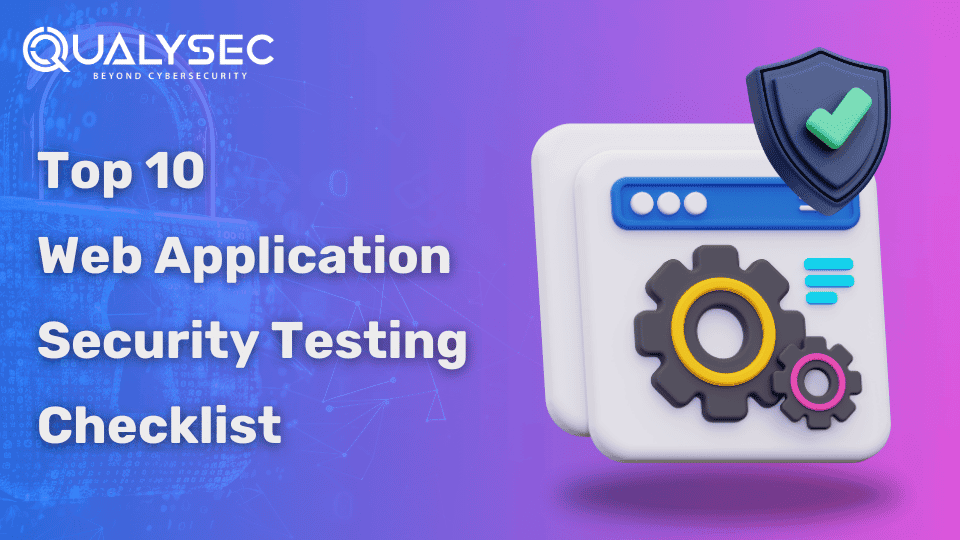

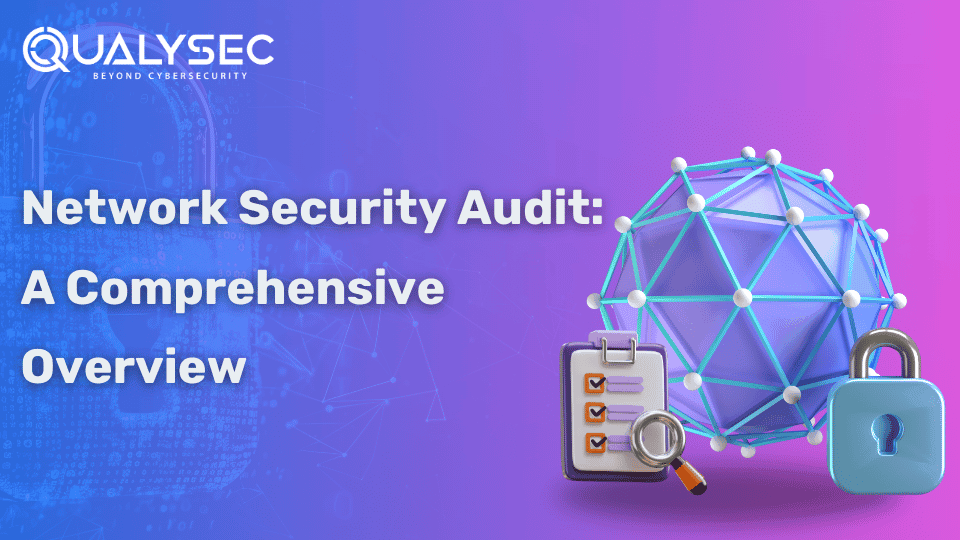











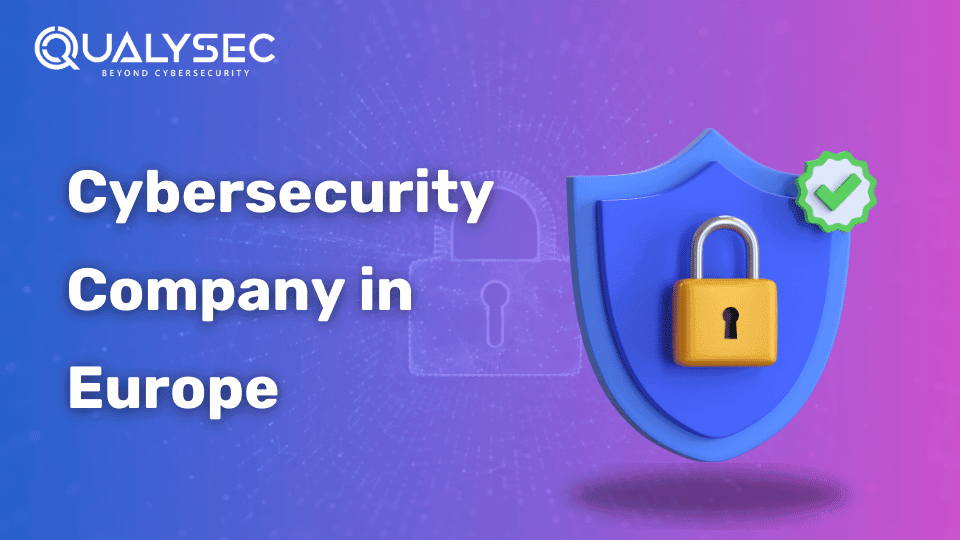
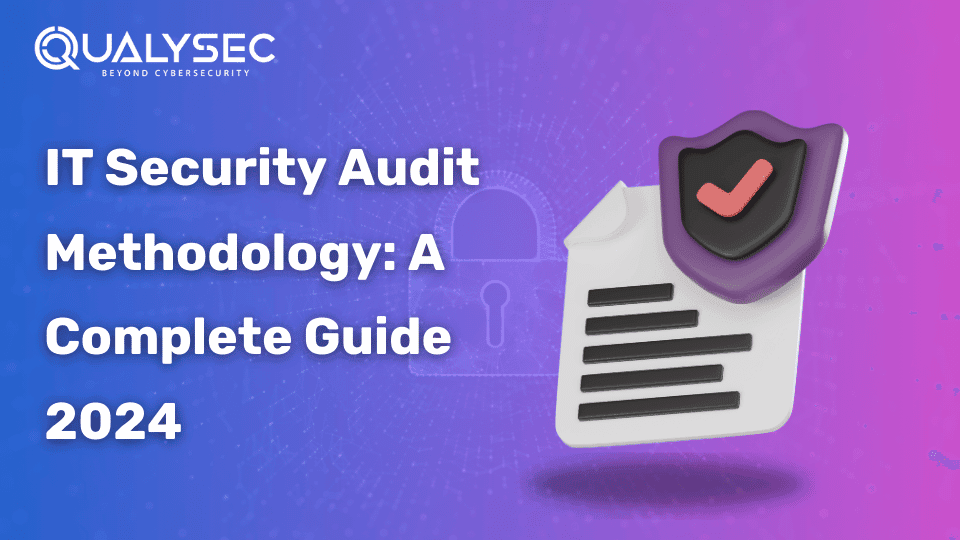

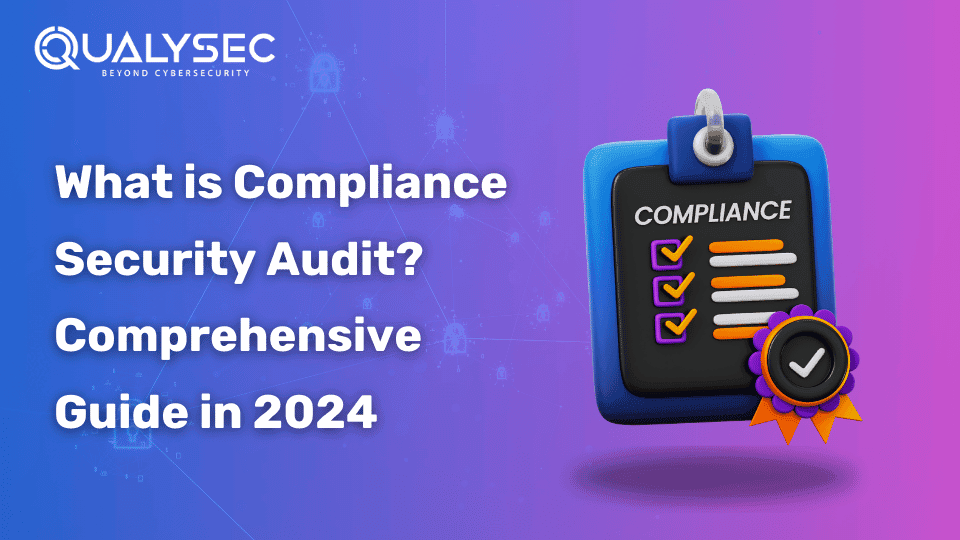


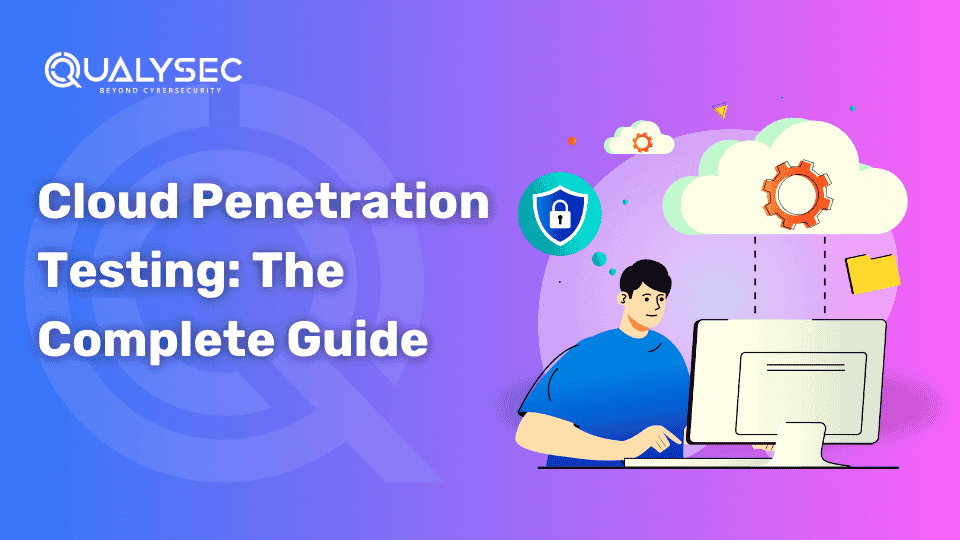


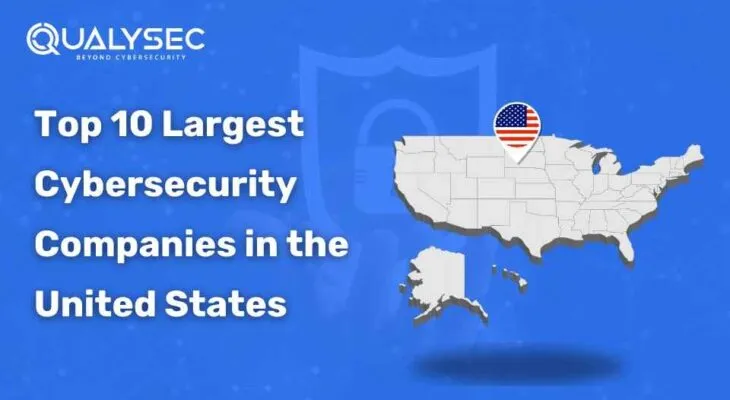


























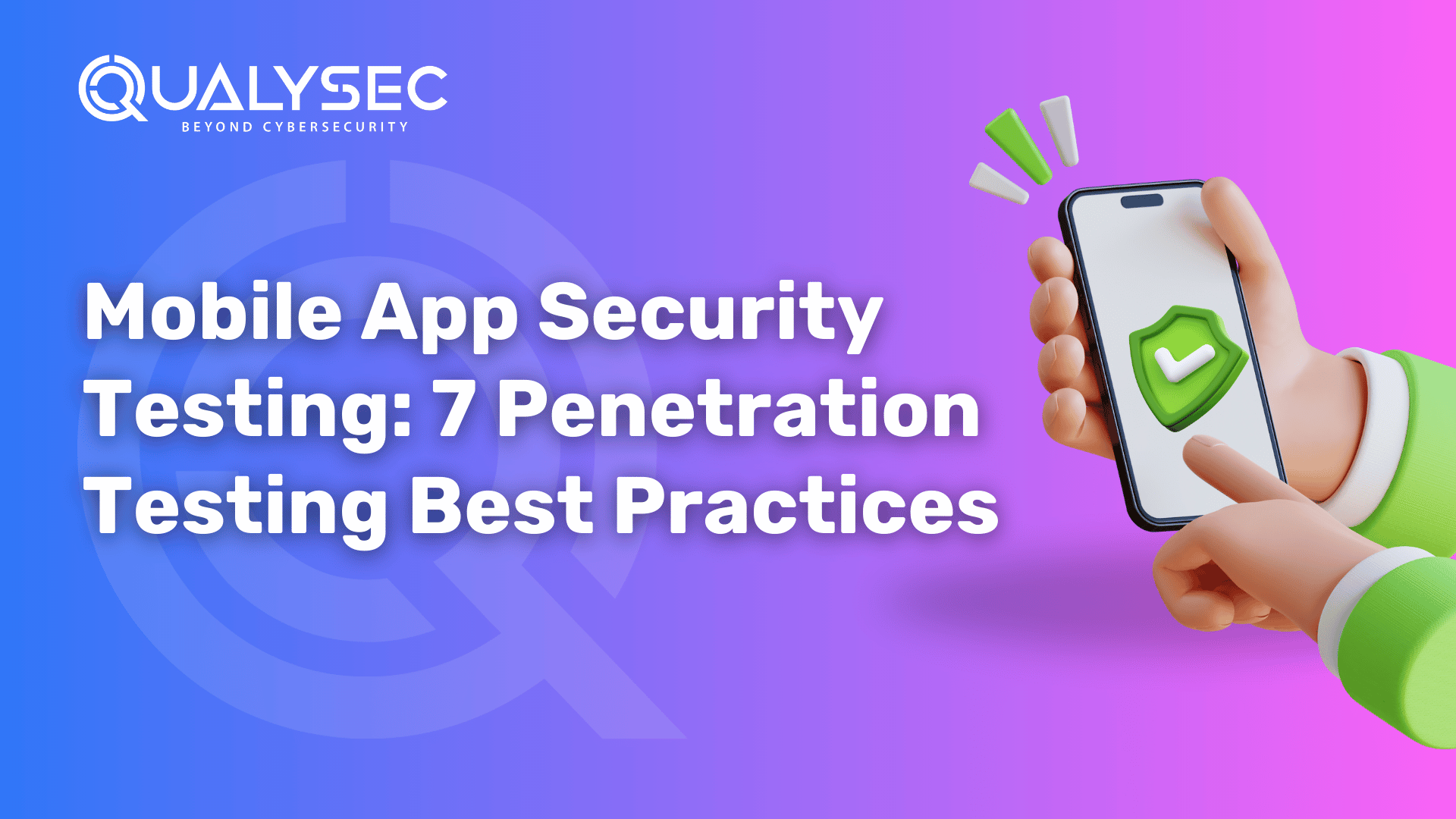














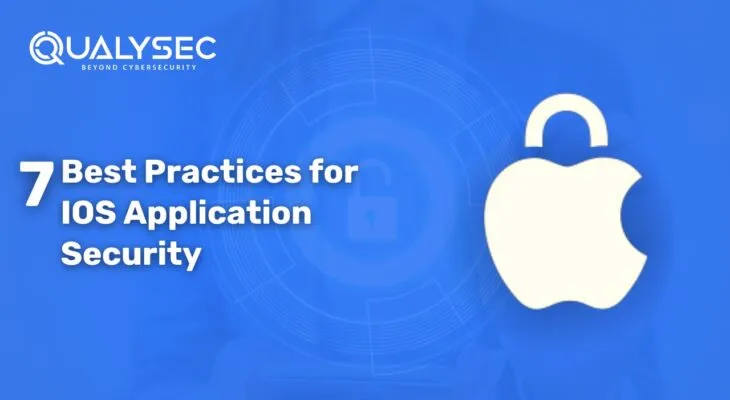


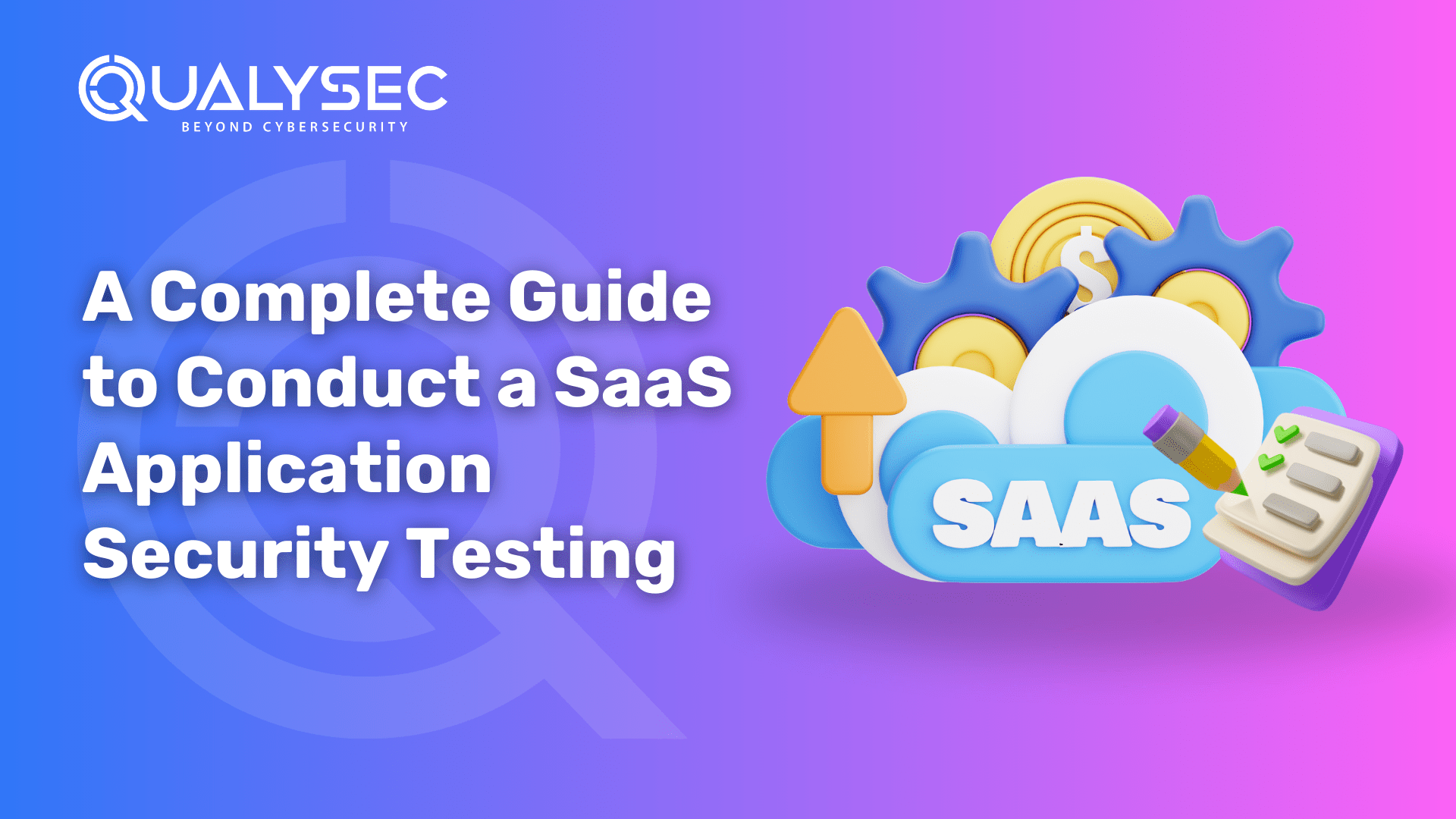





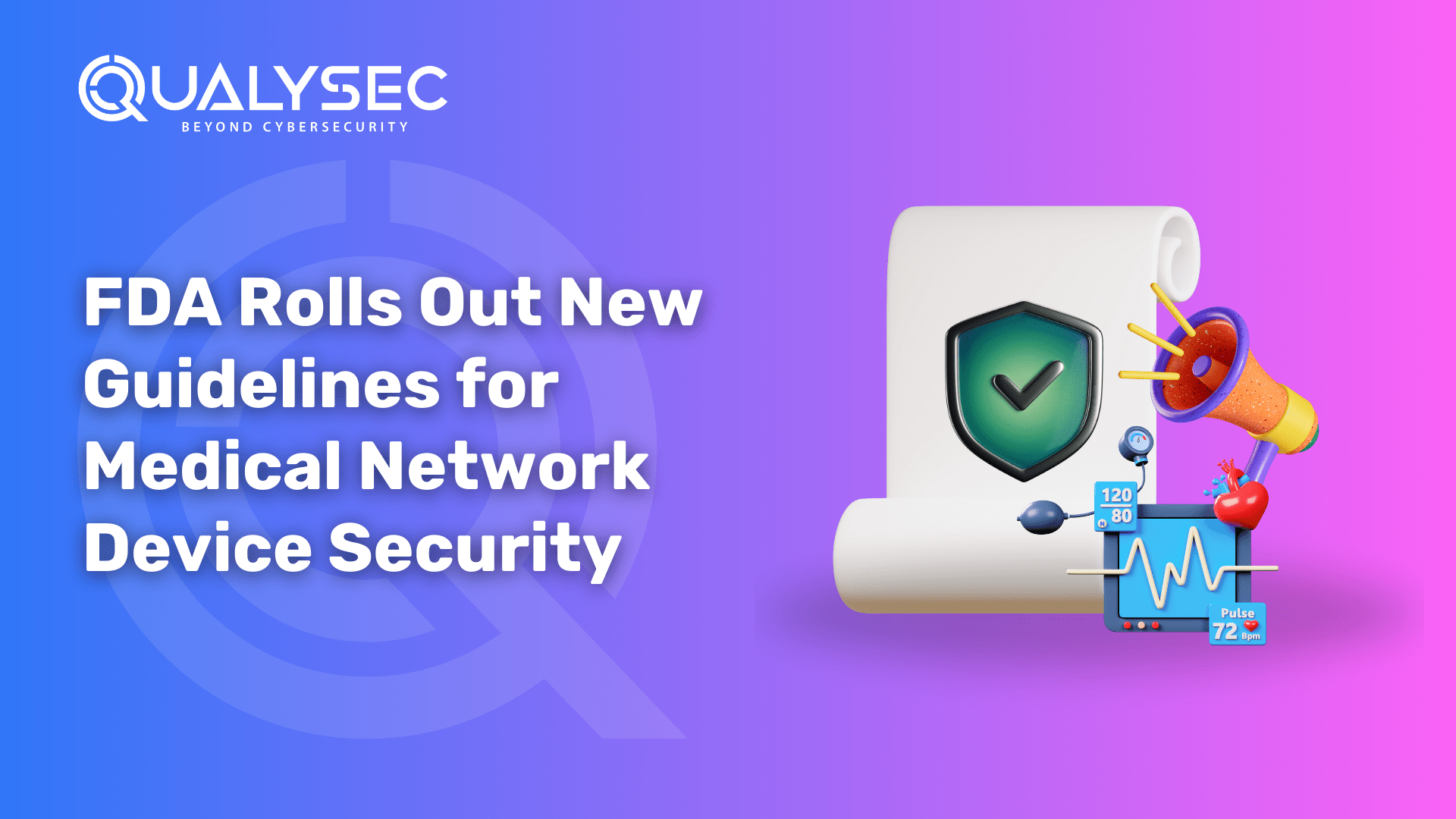





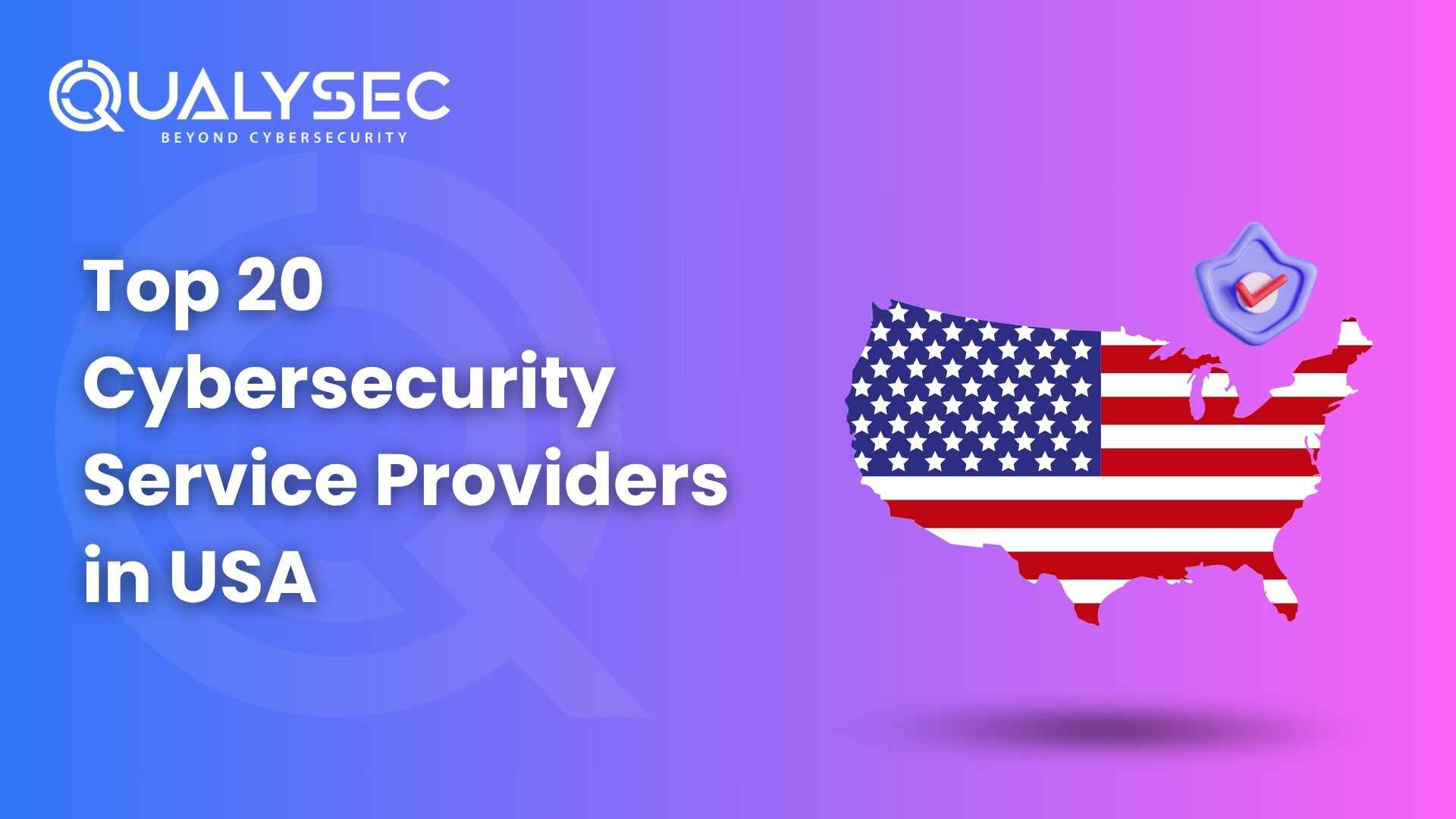










































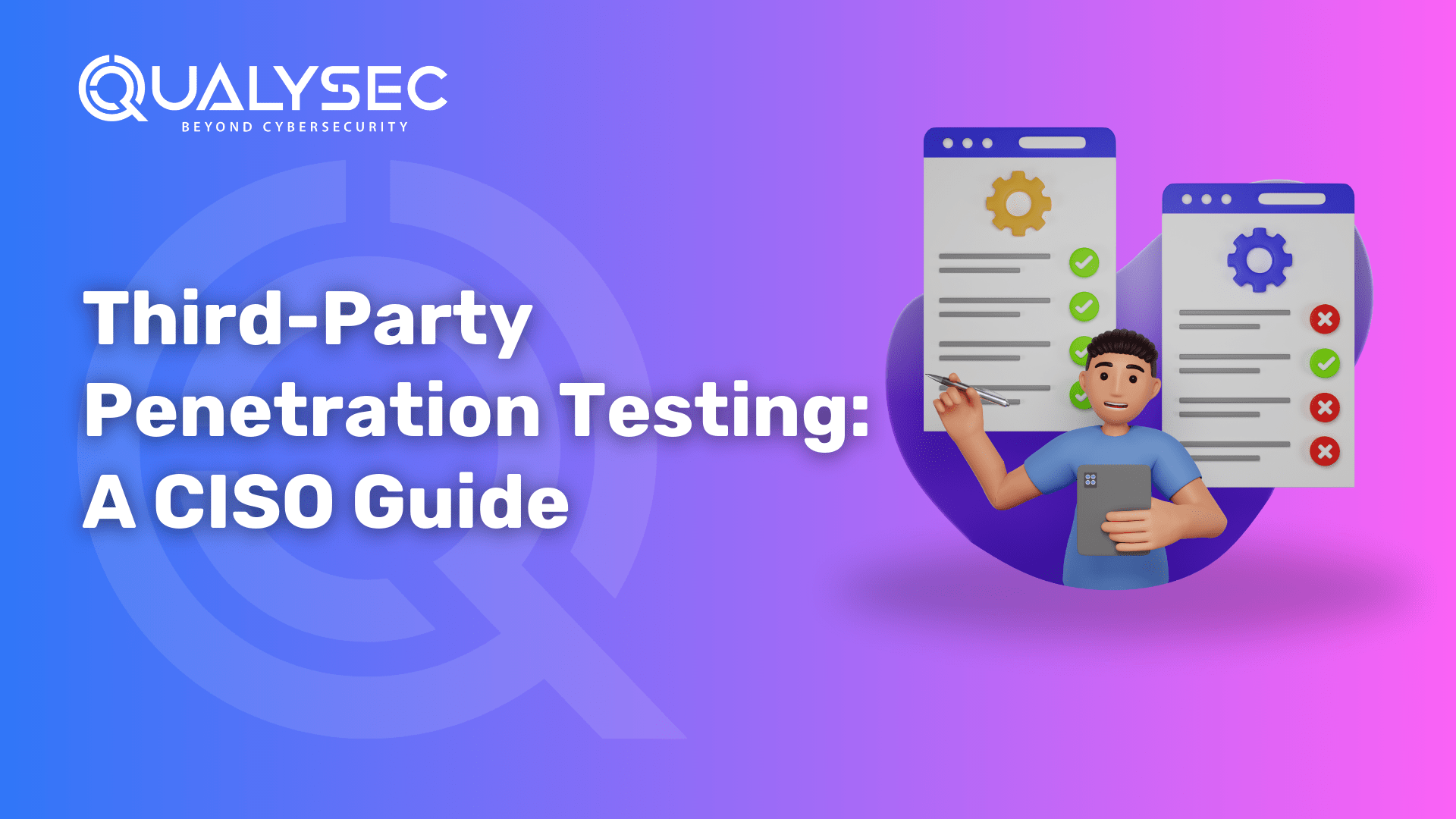





































































































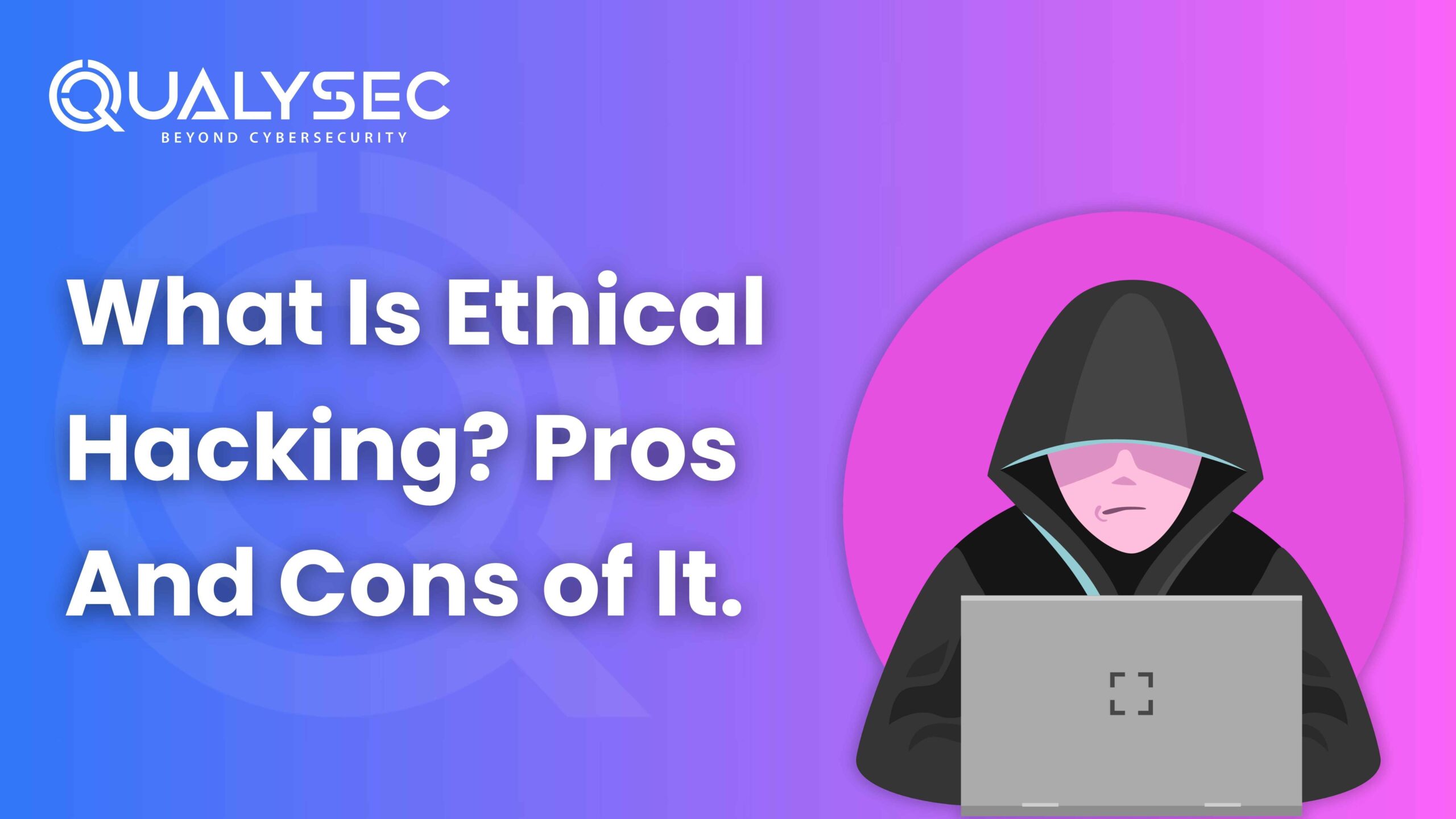







































0 Comments